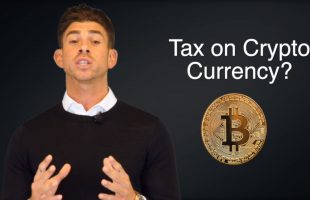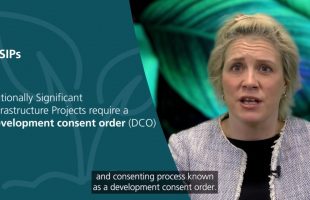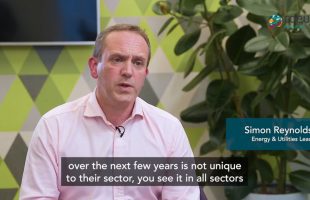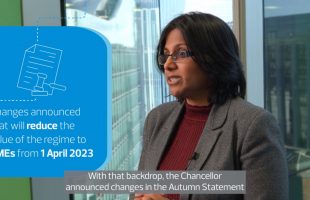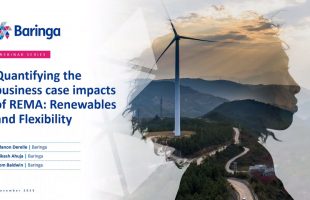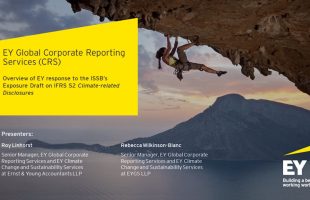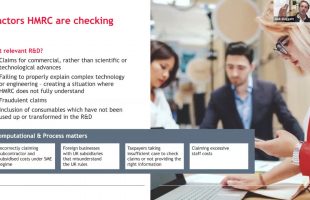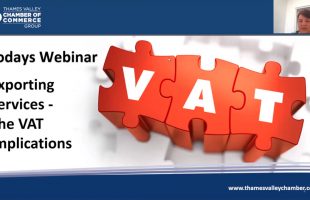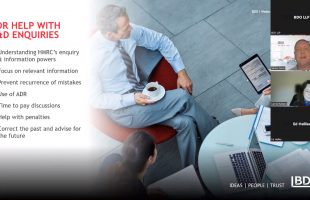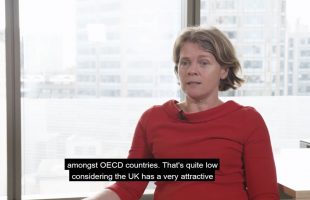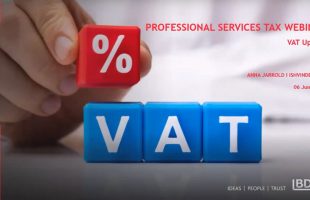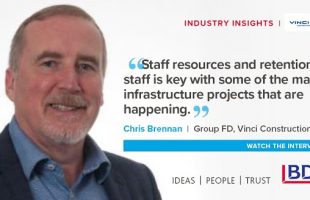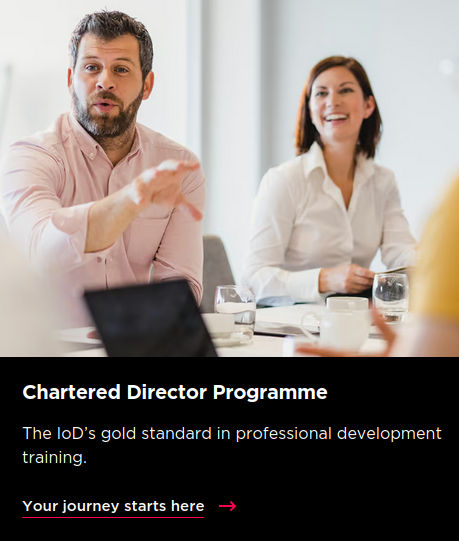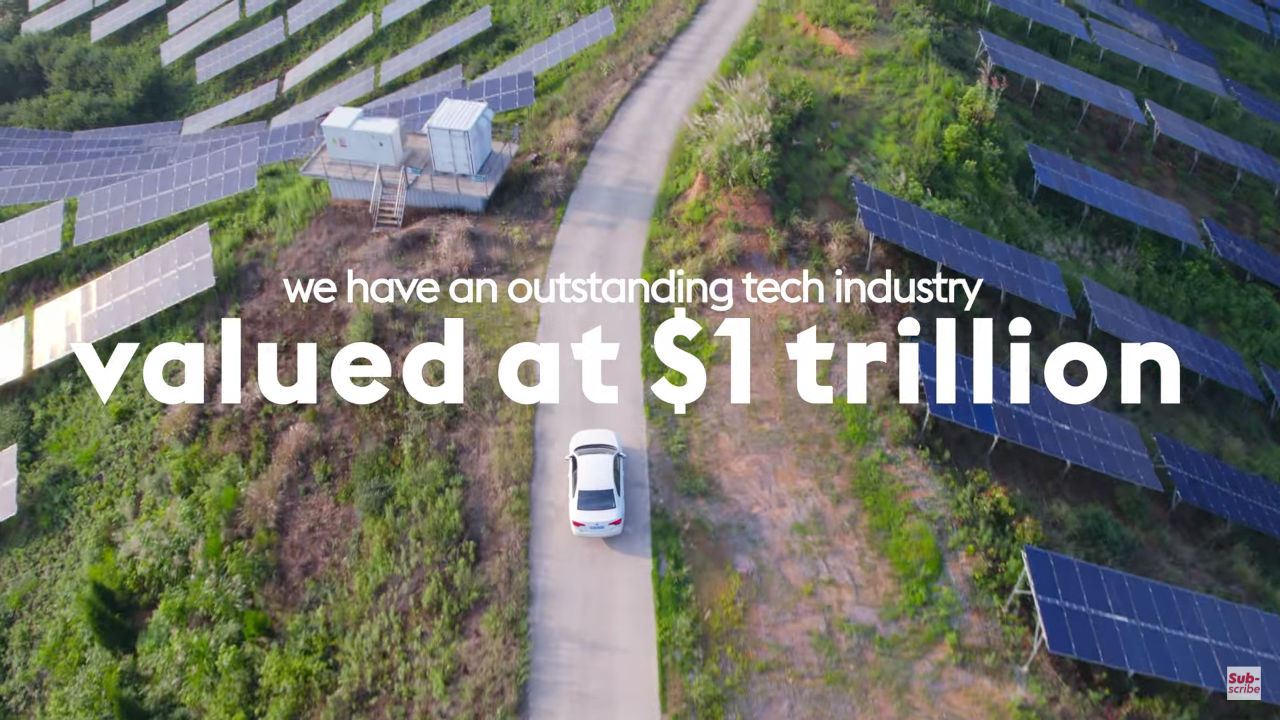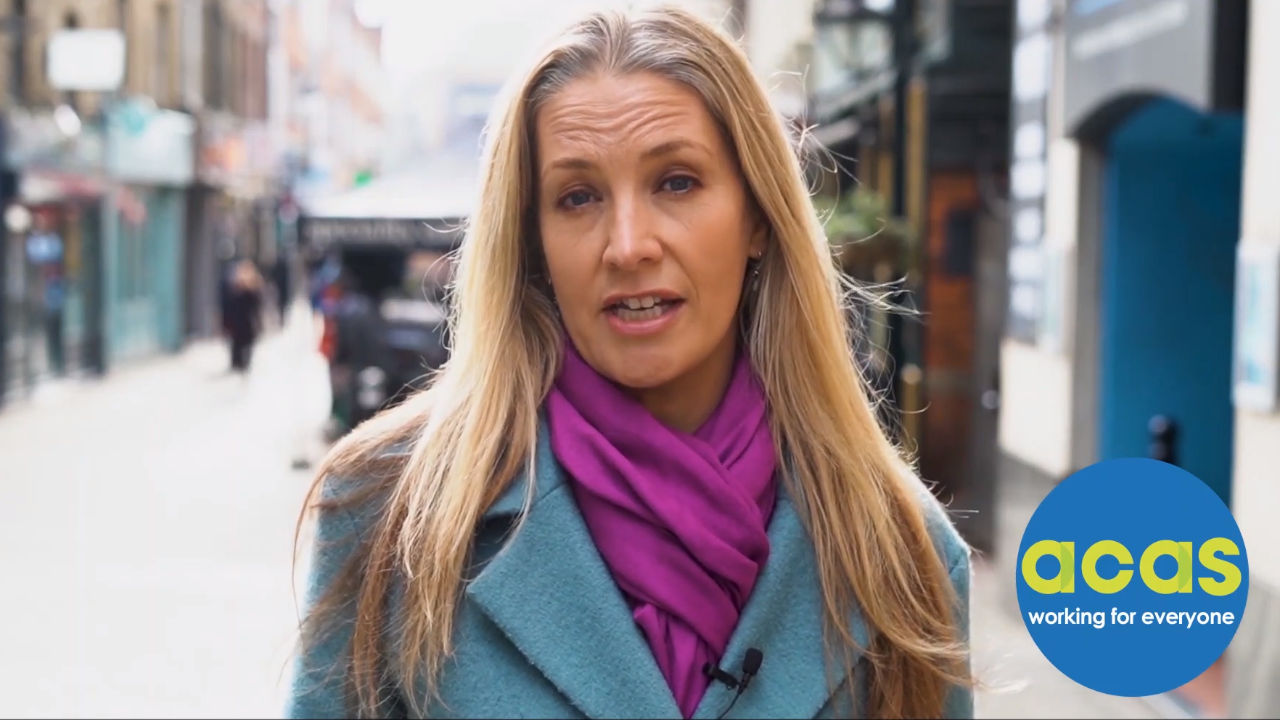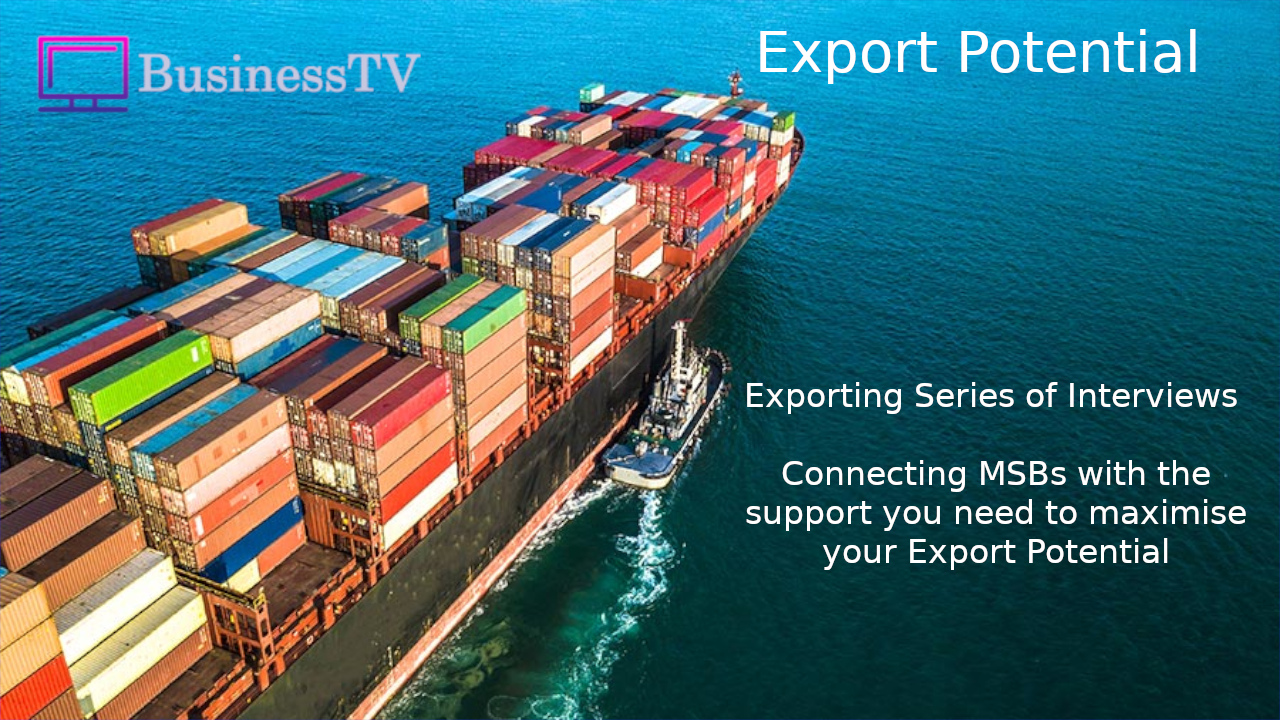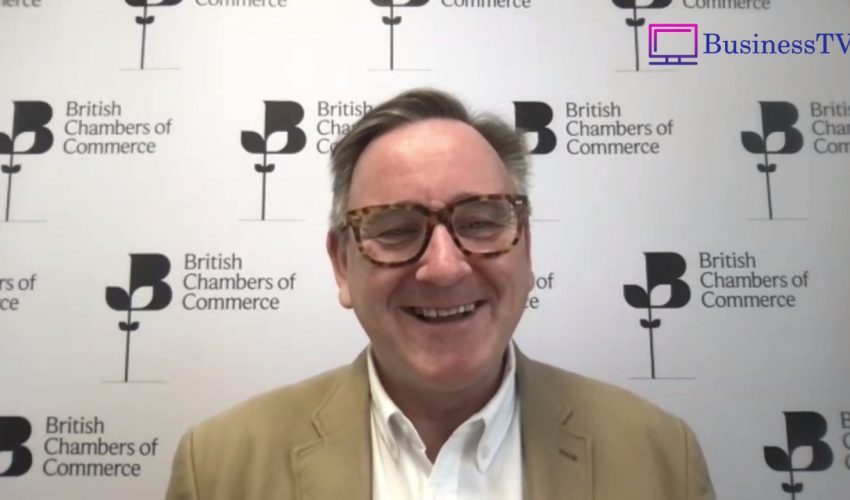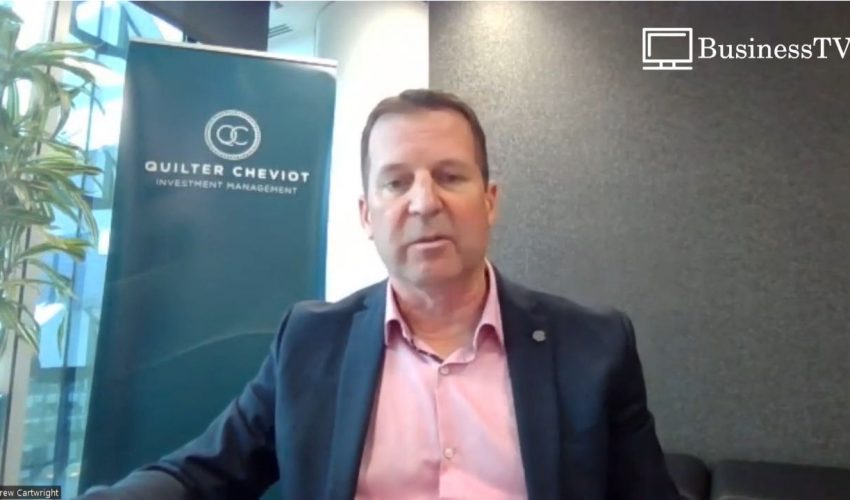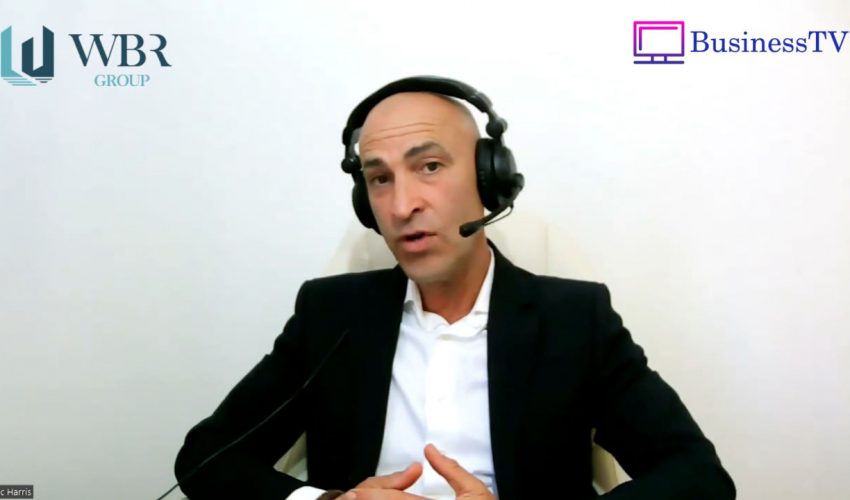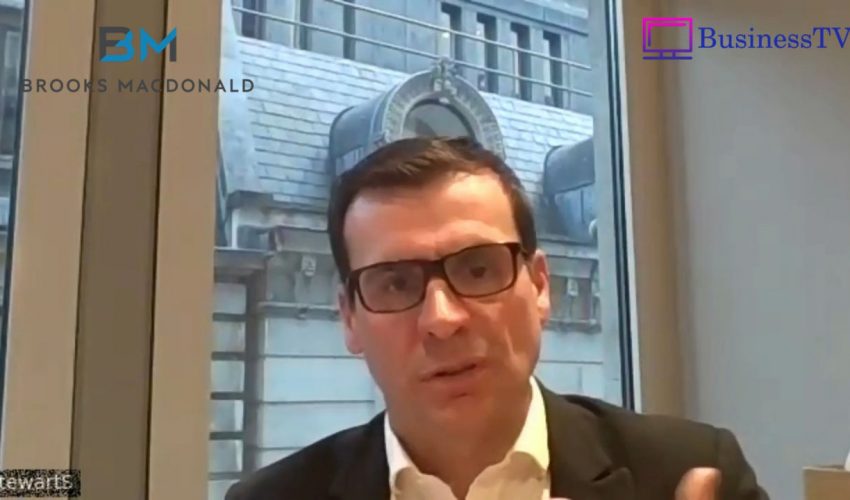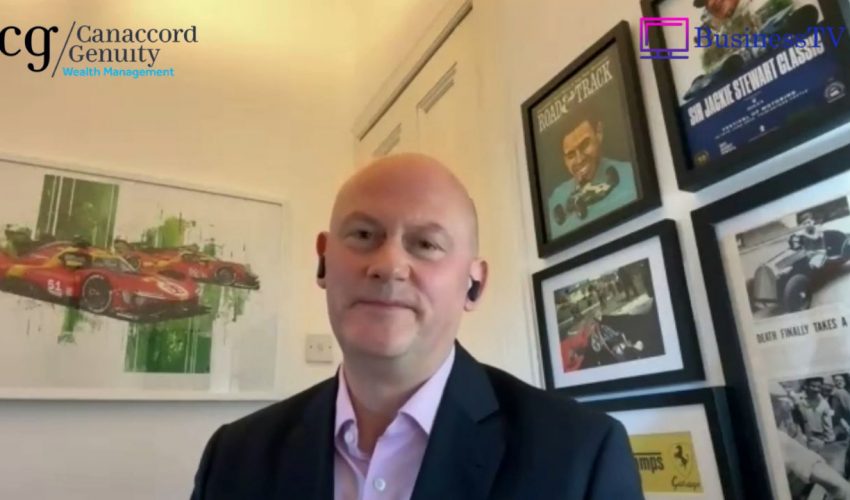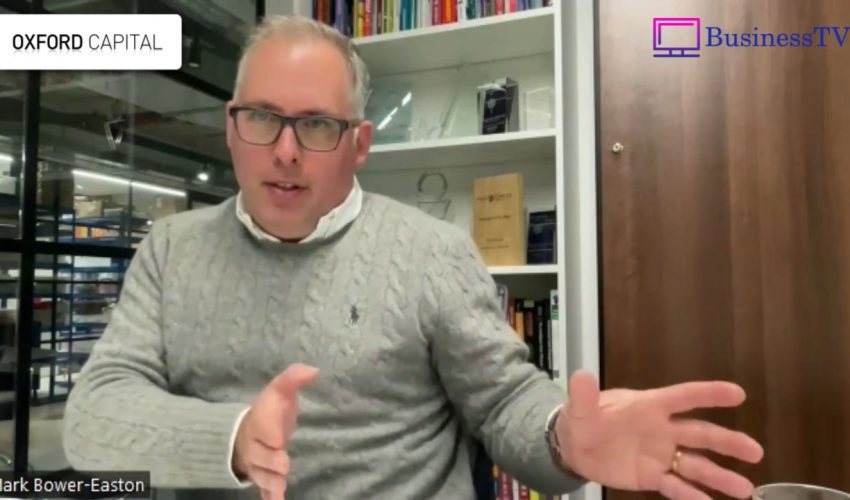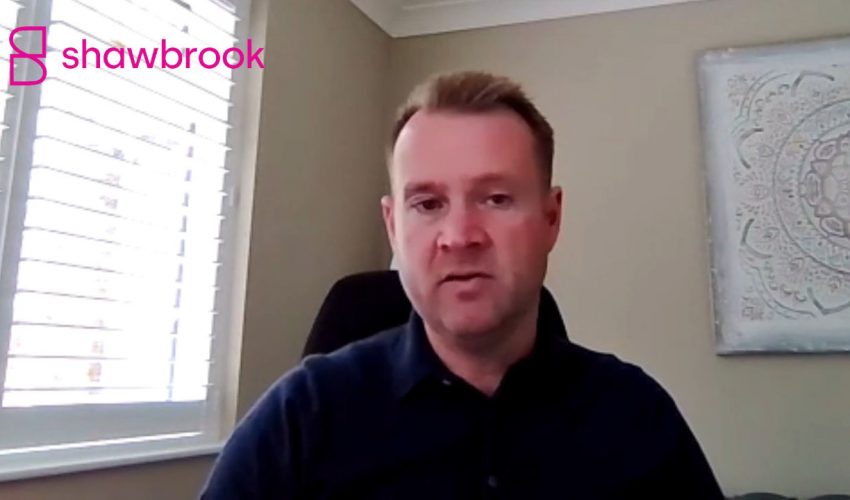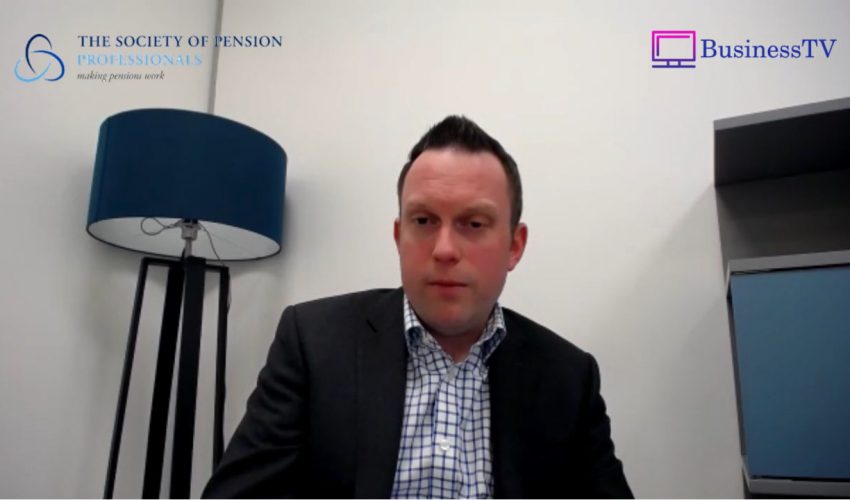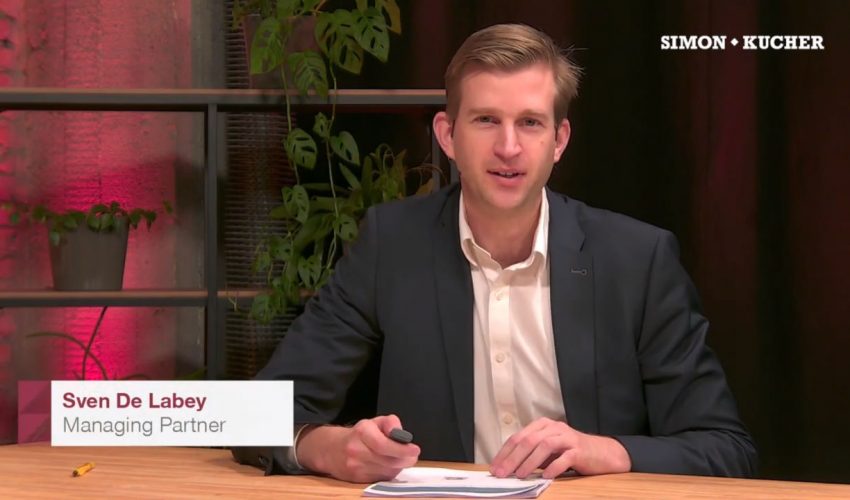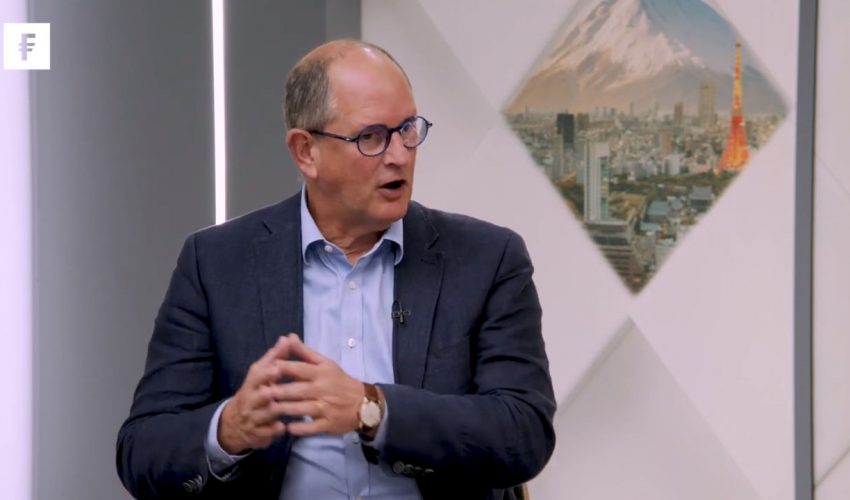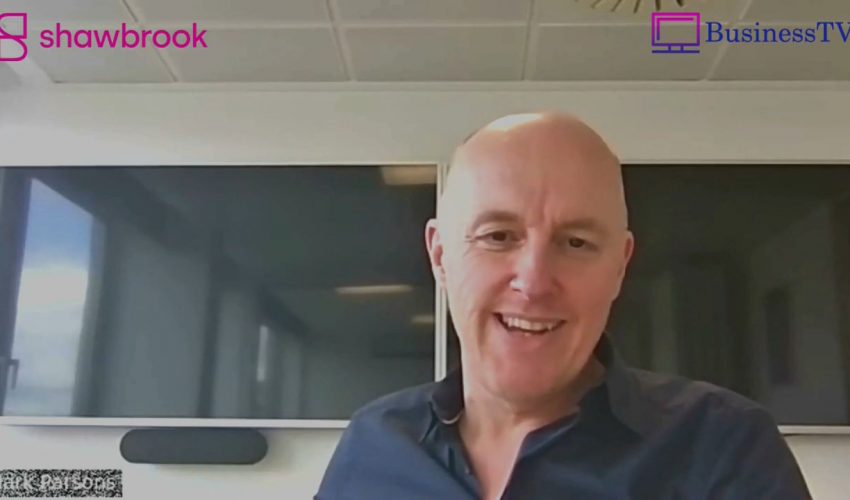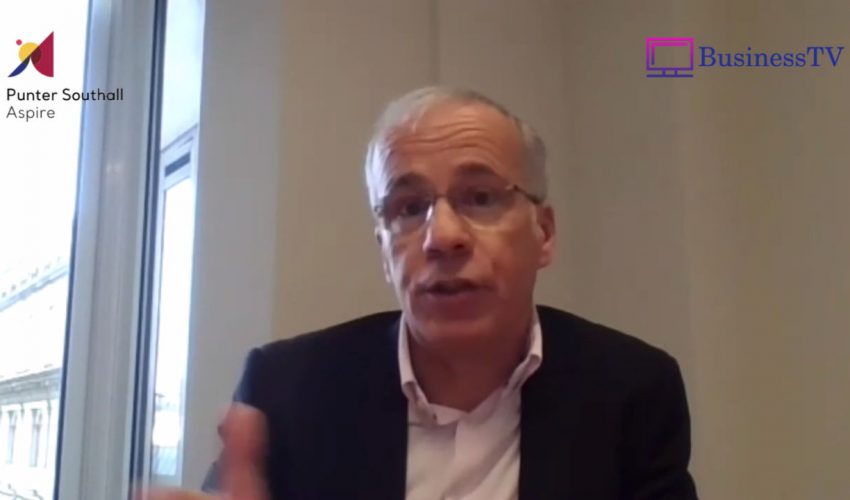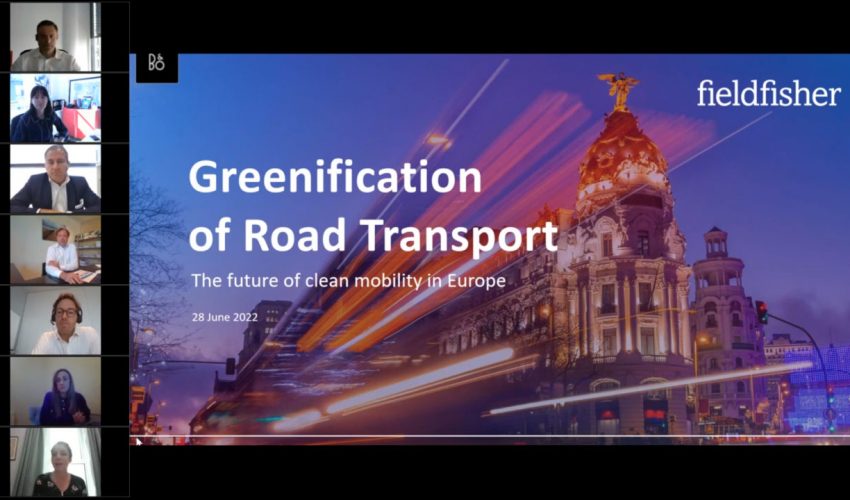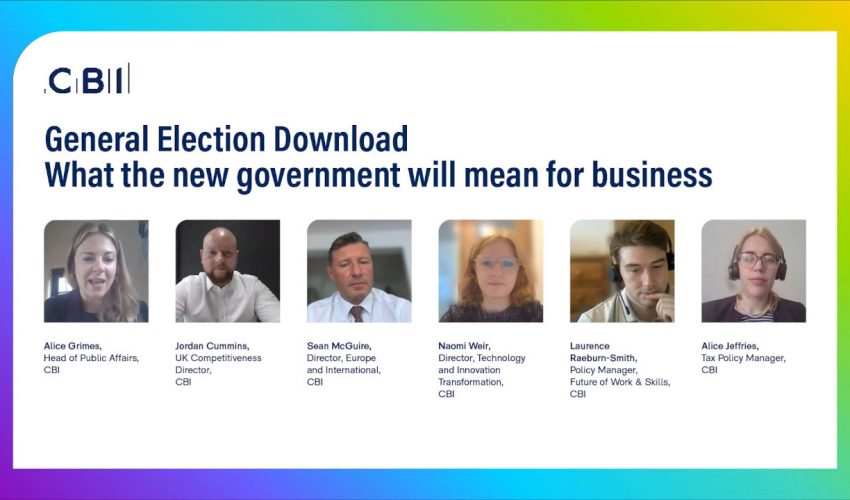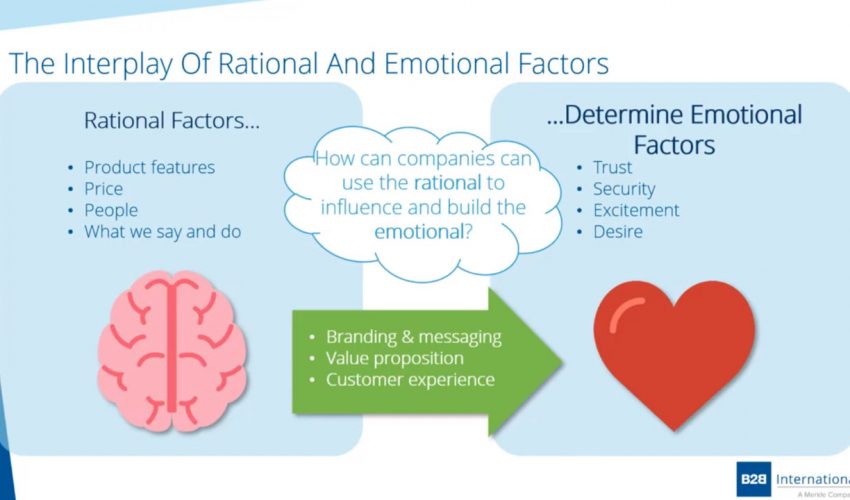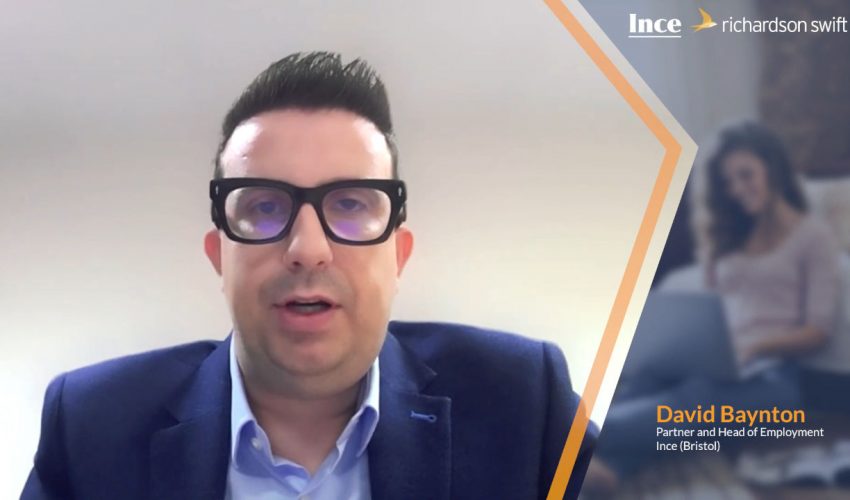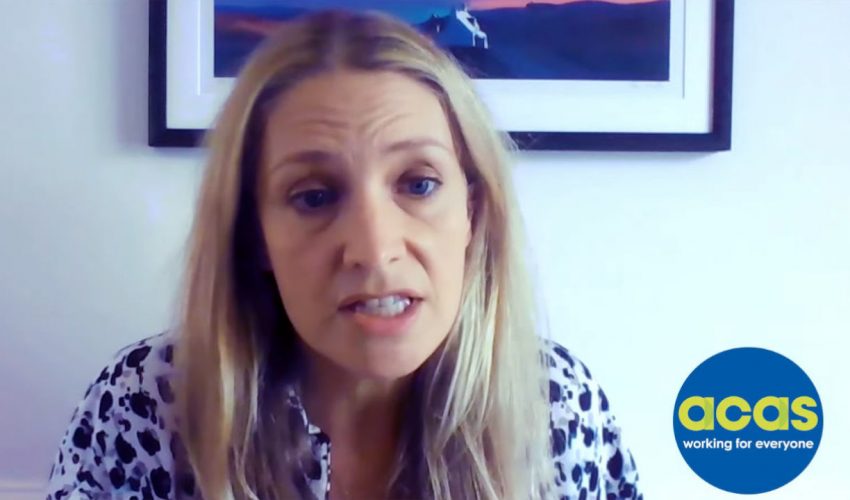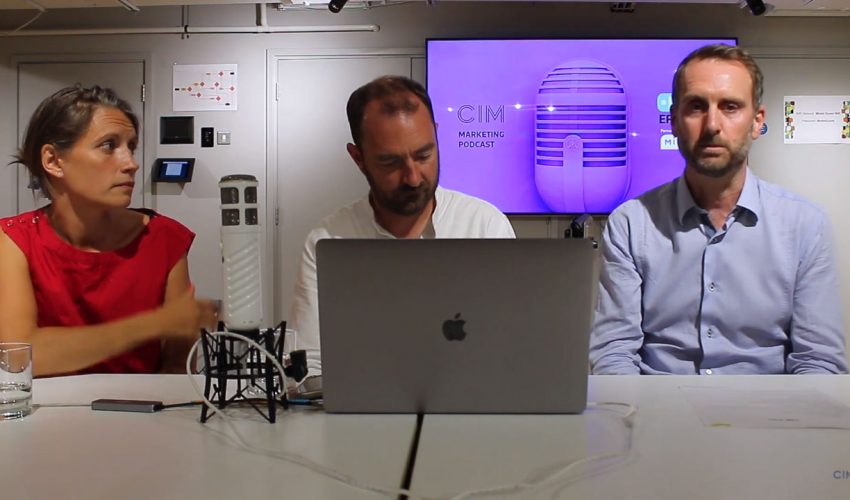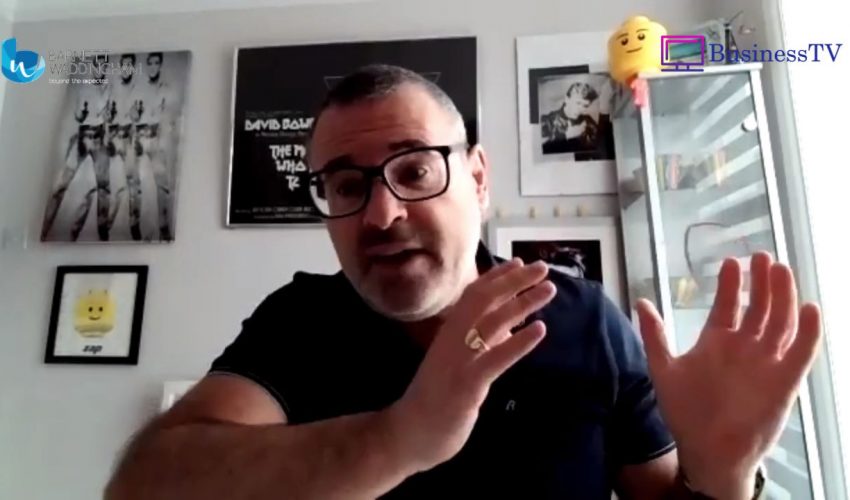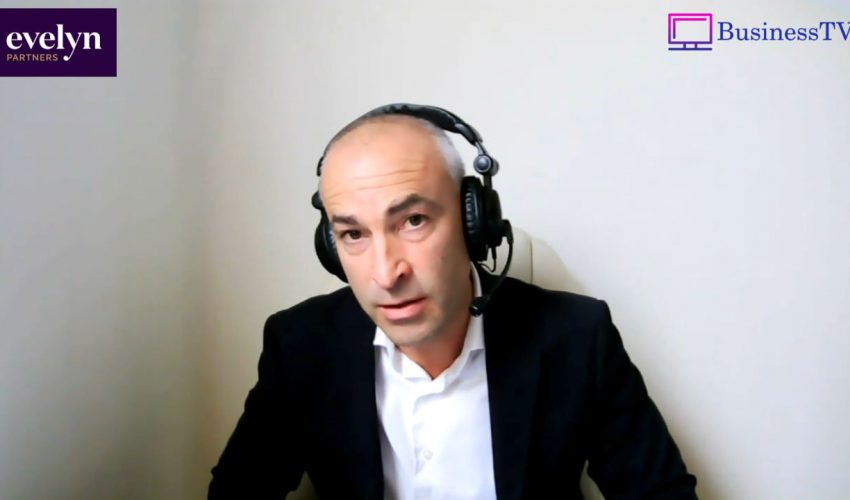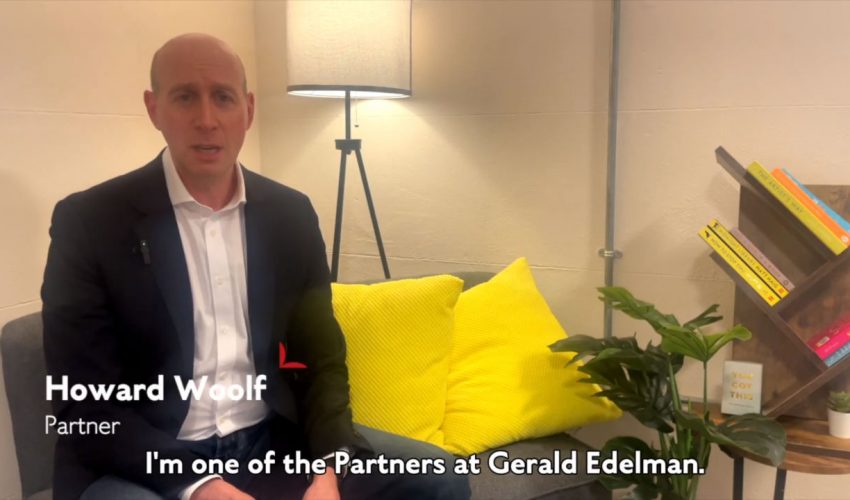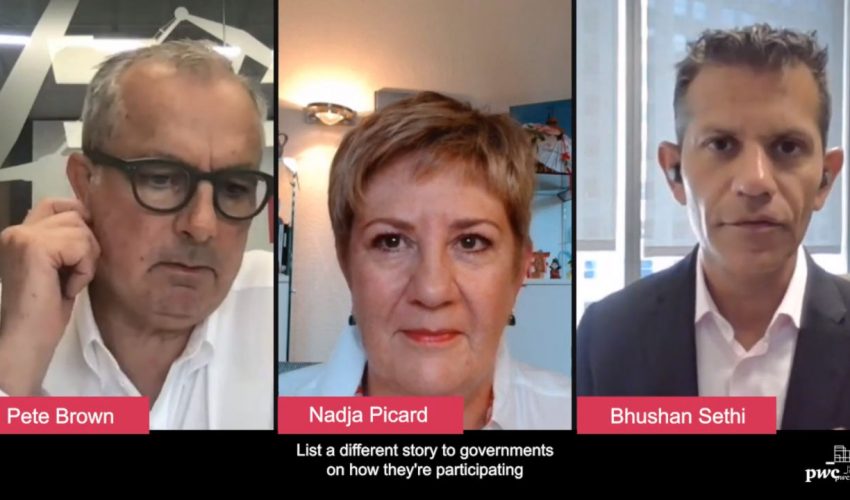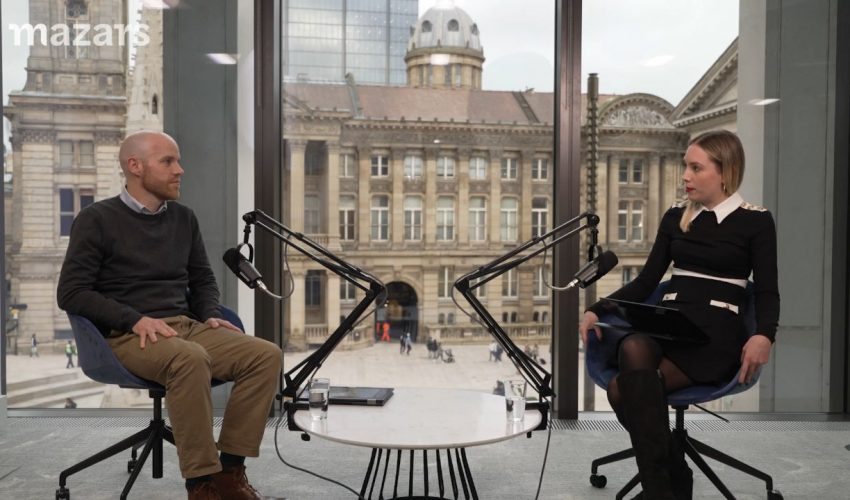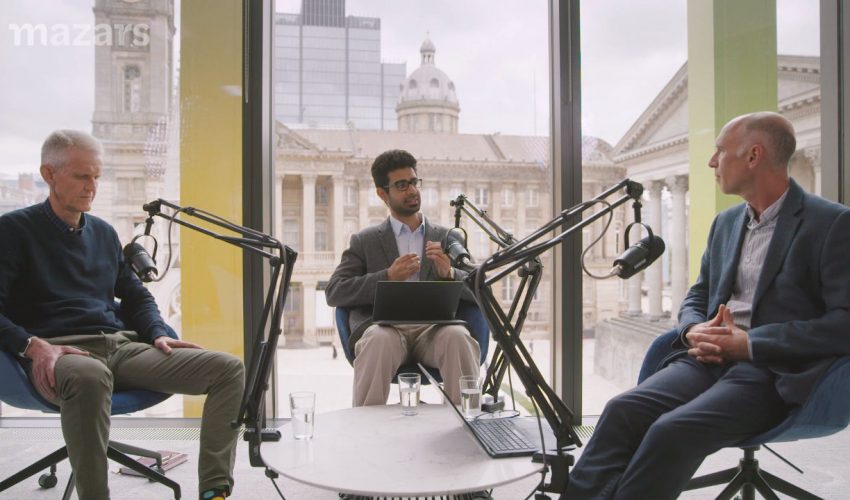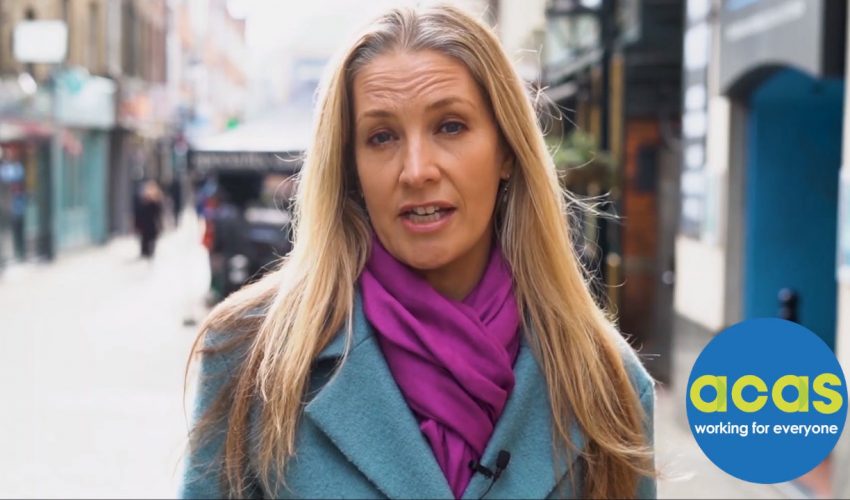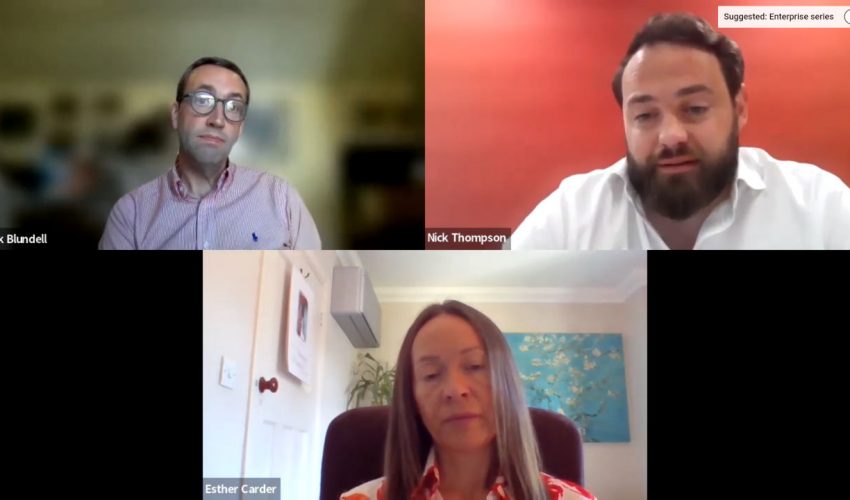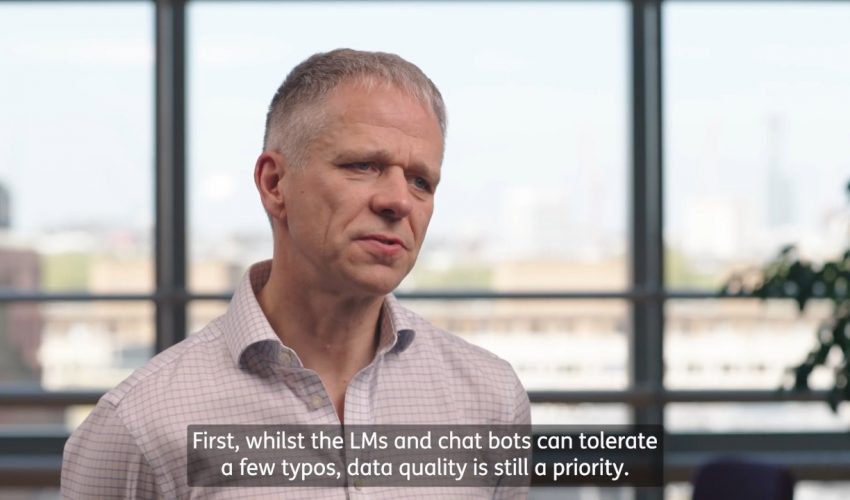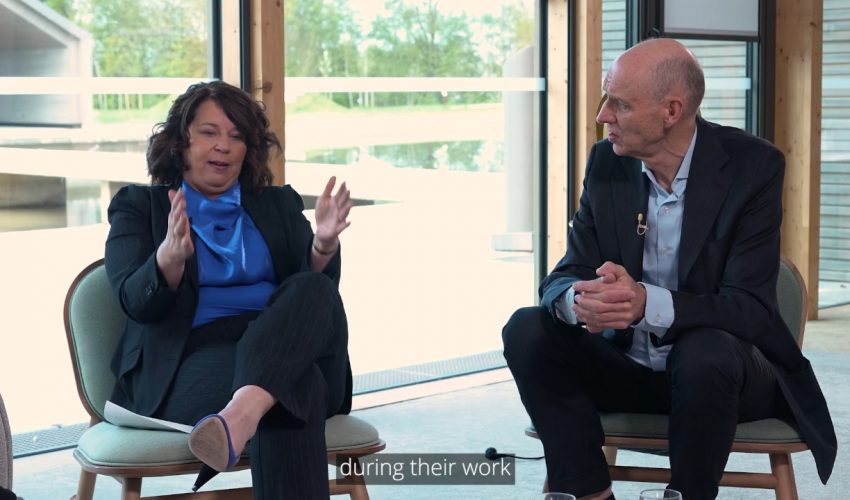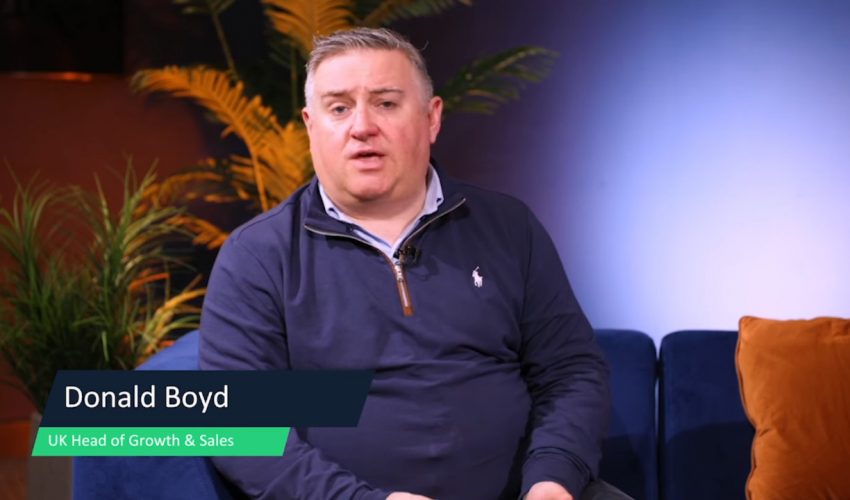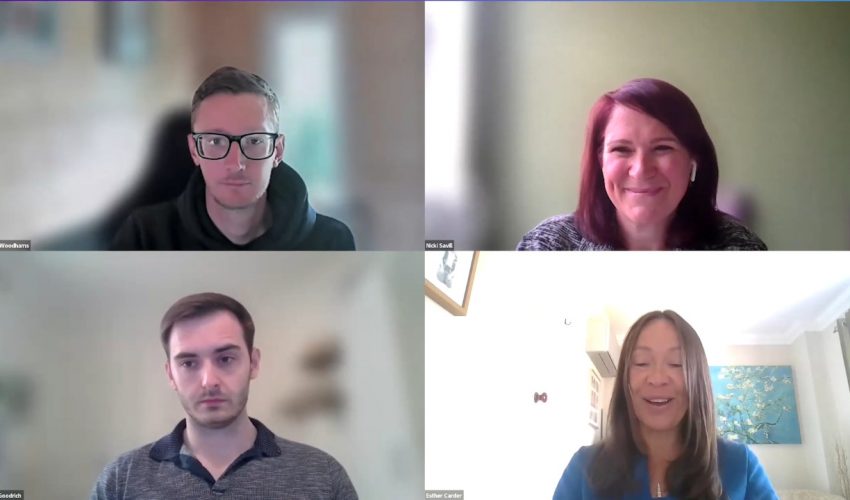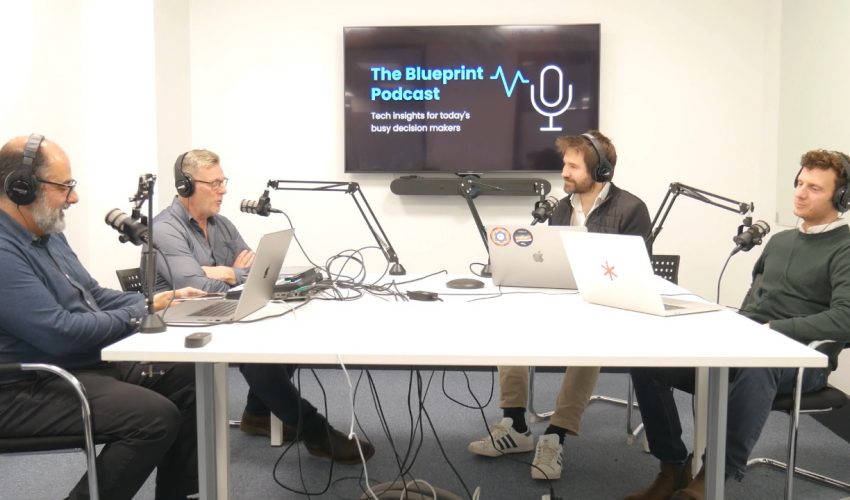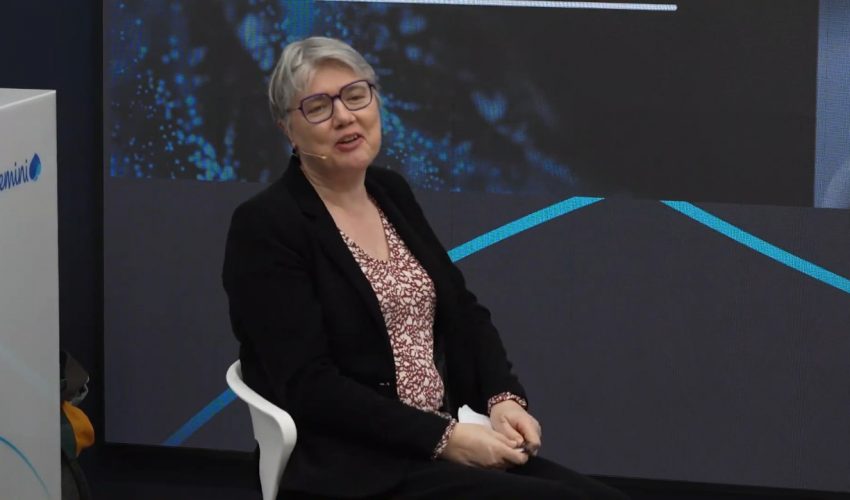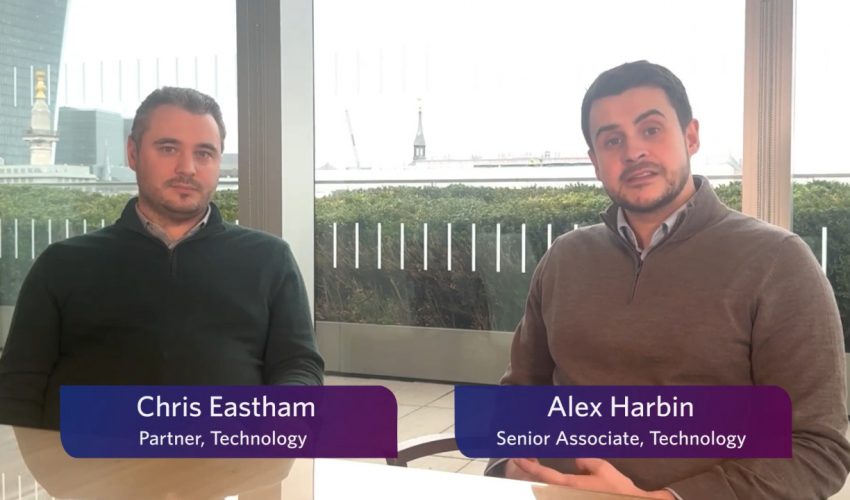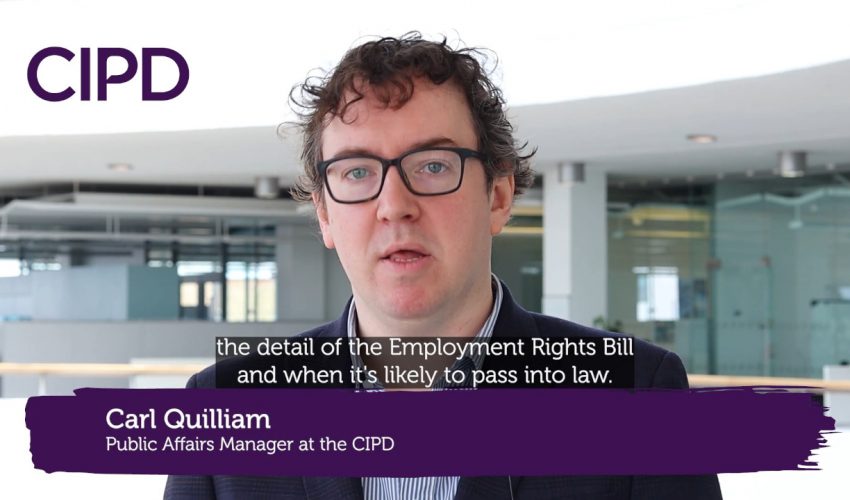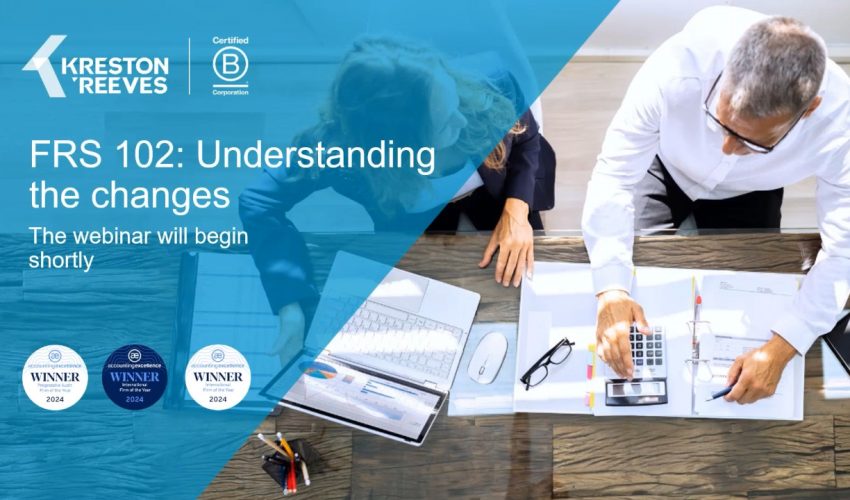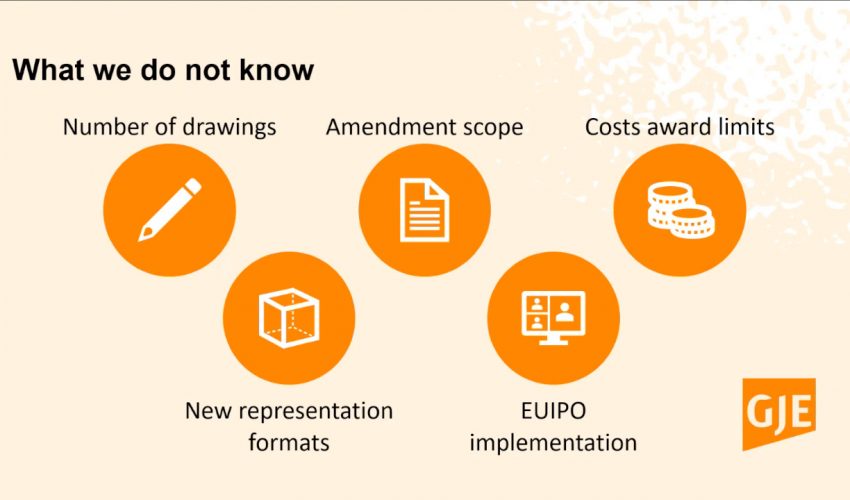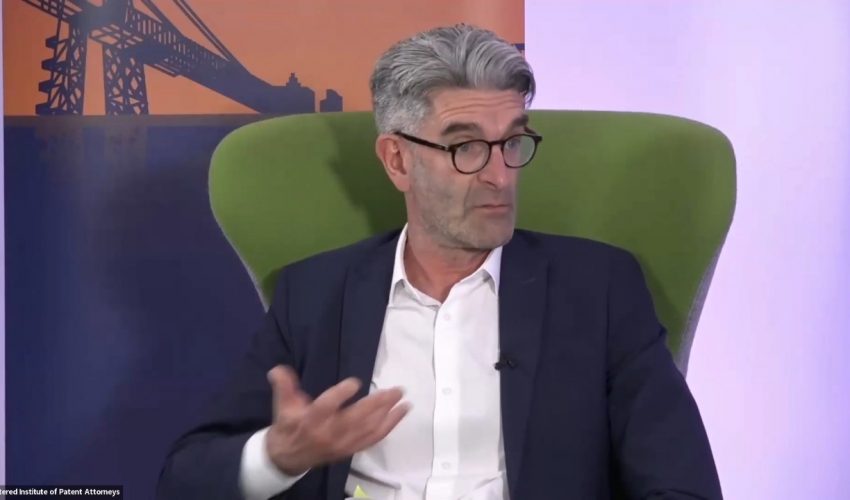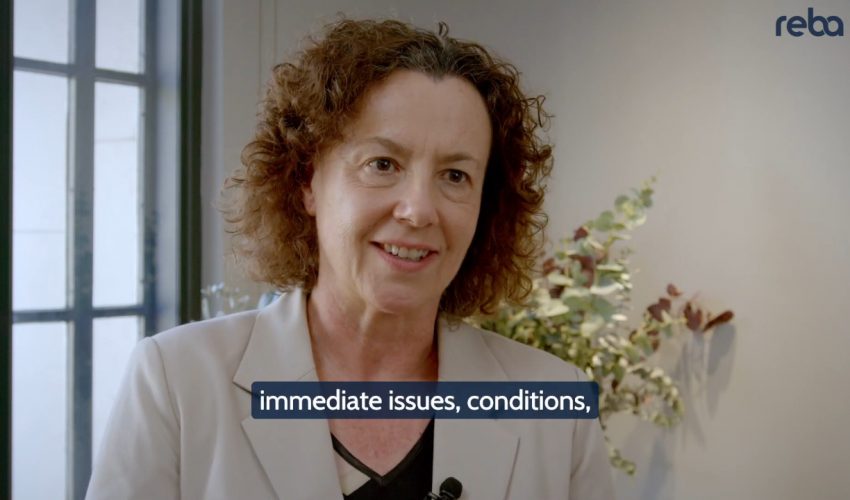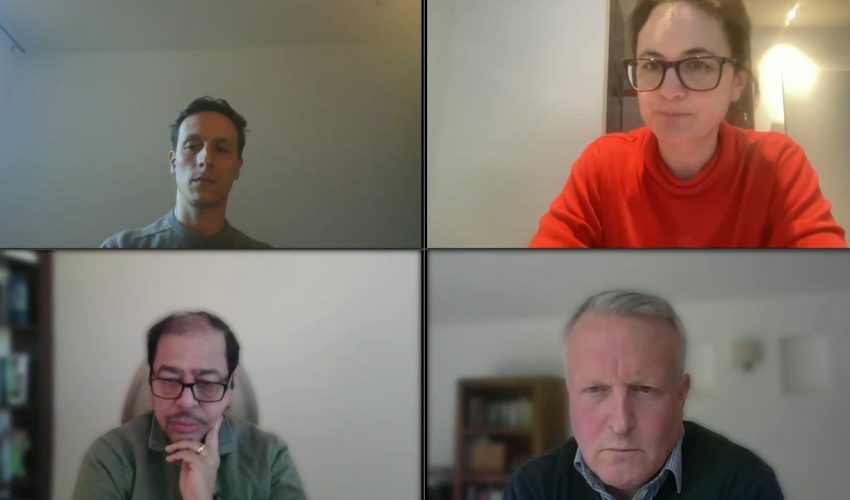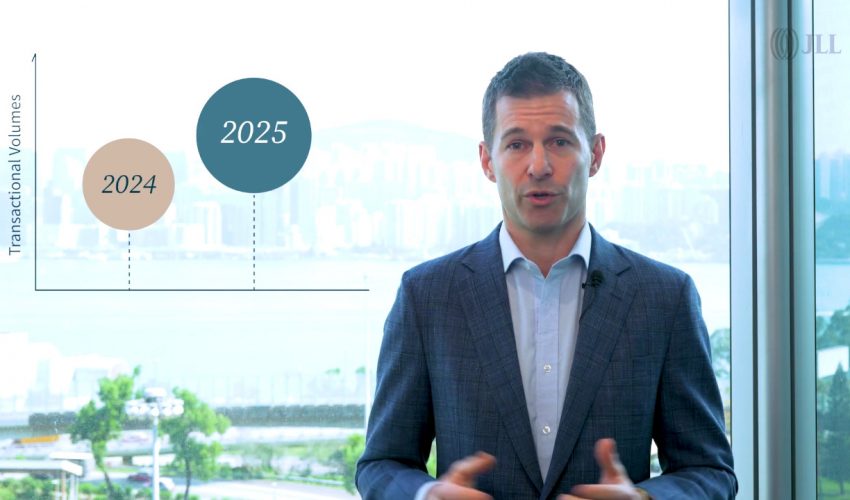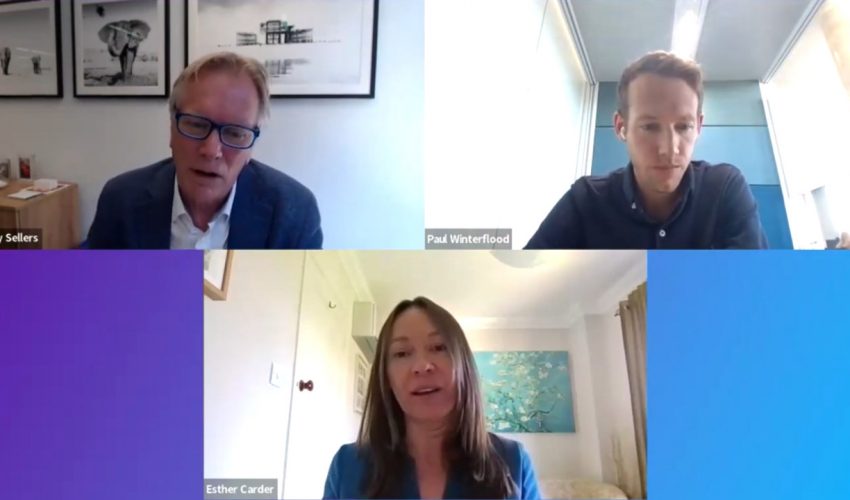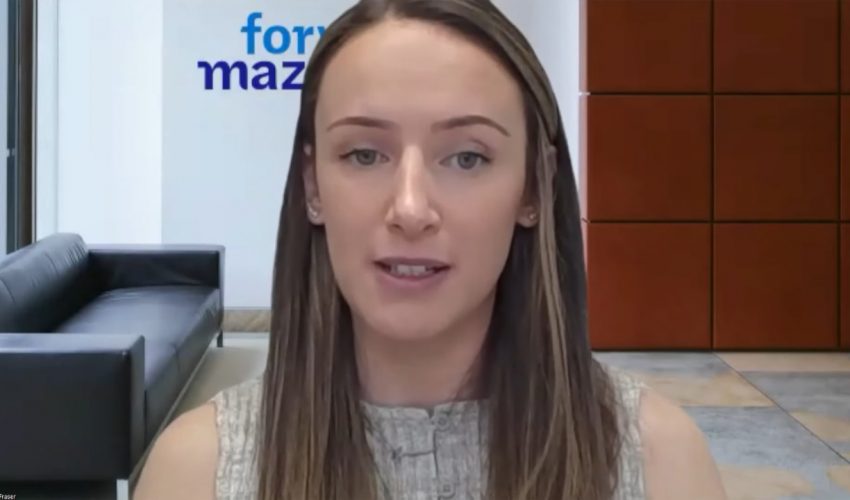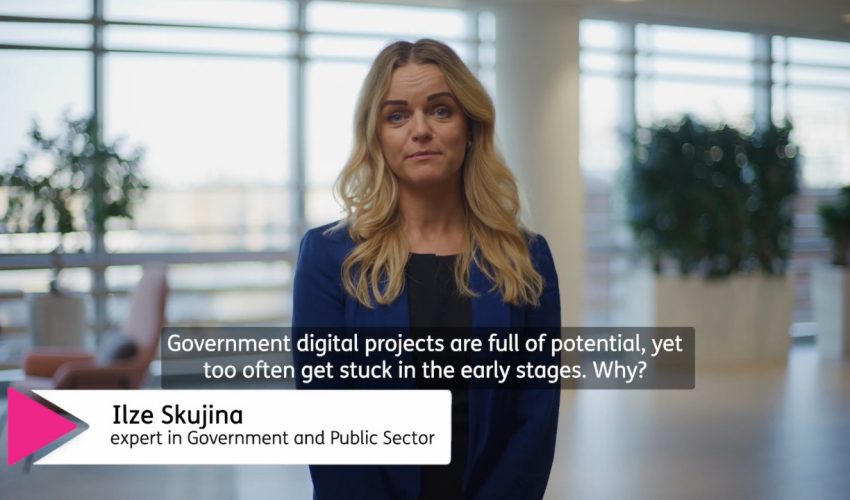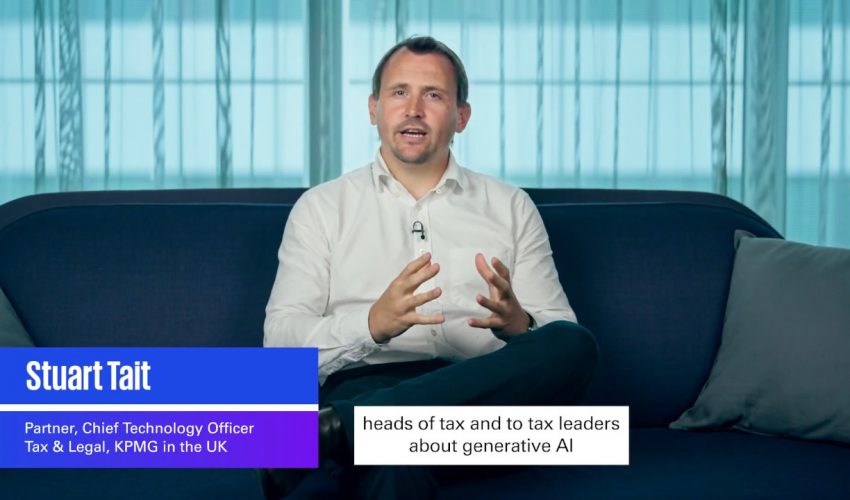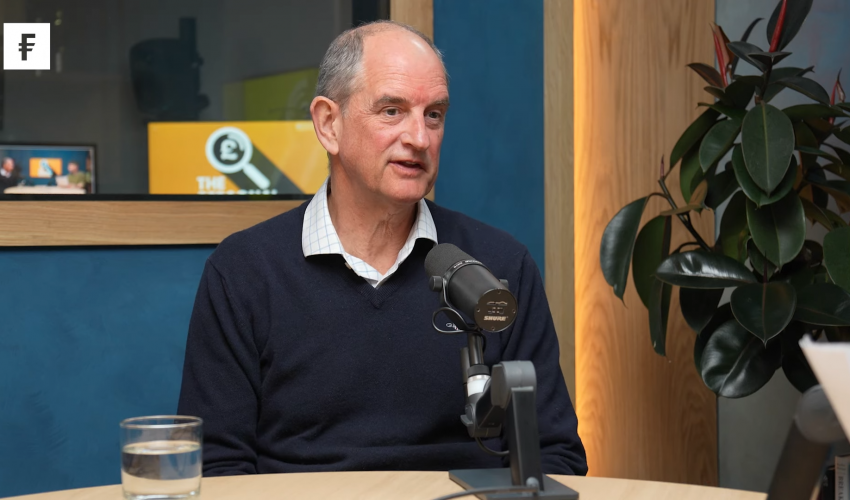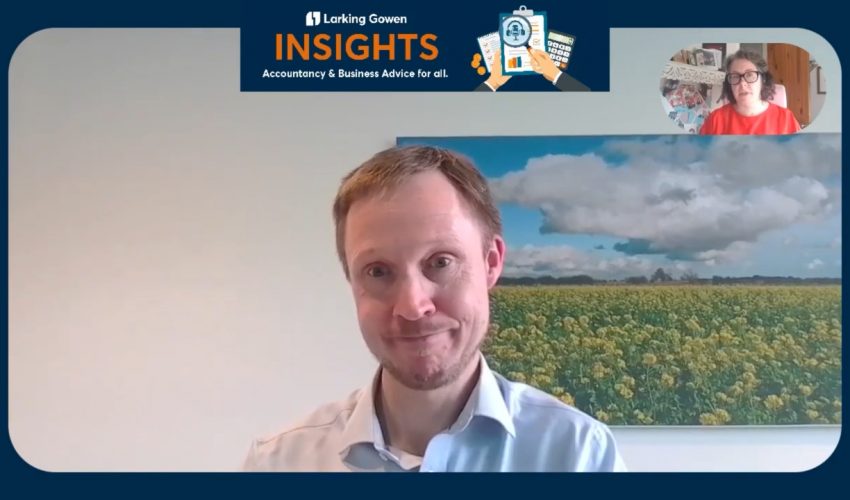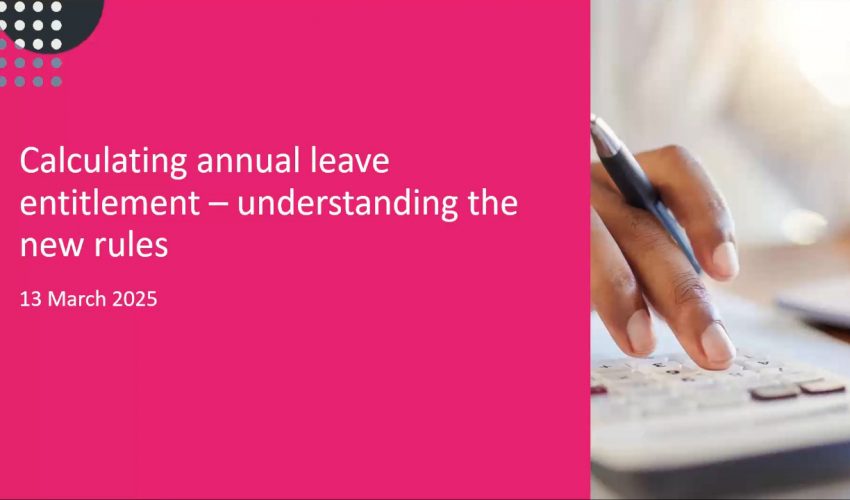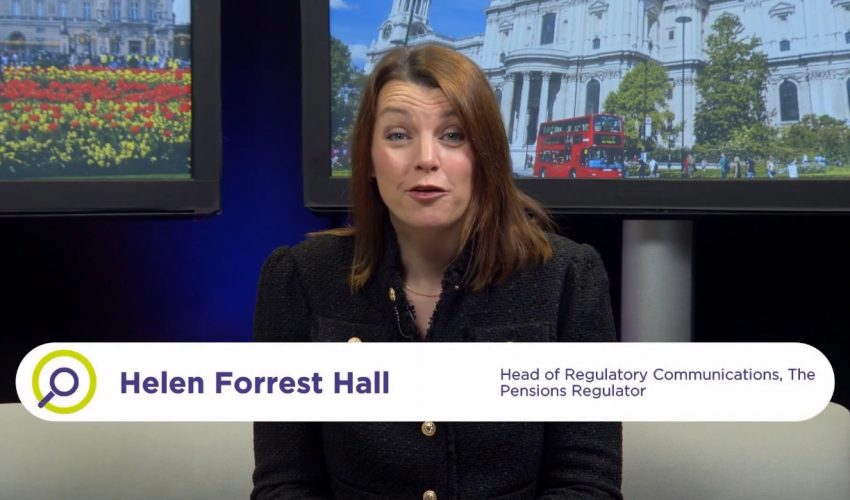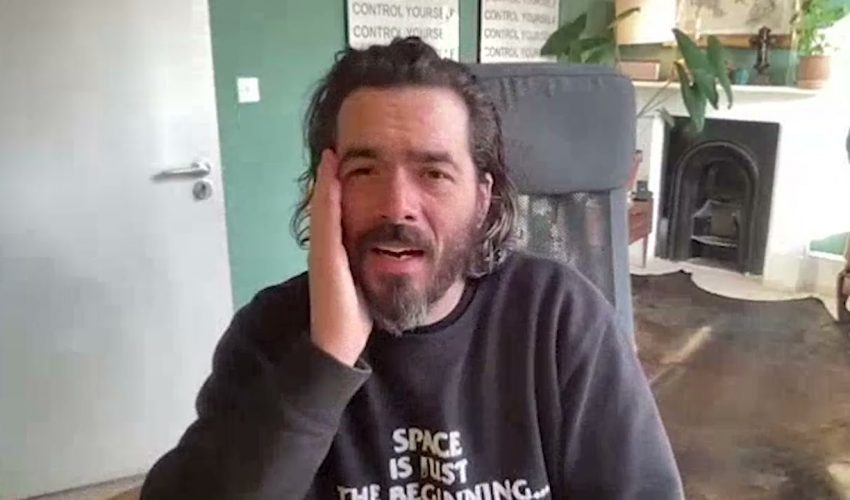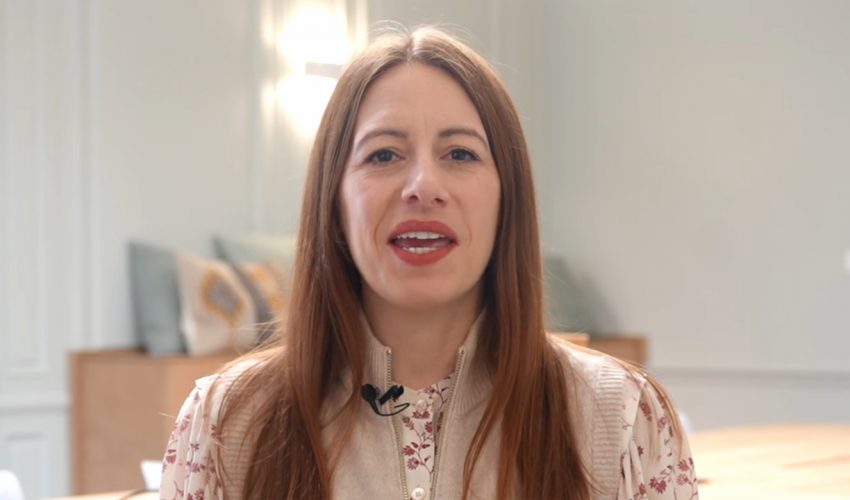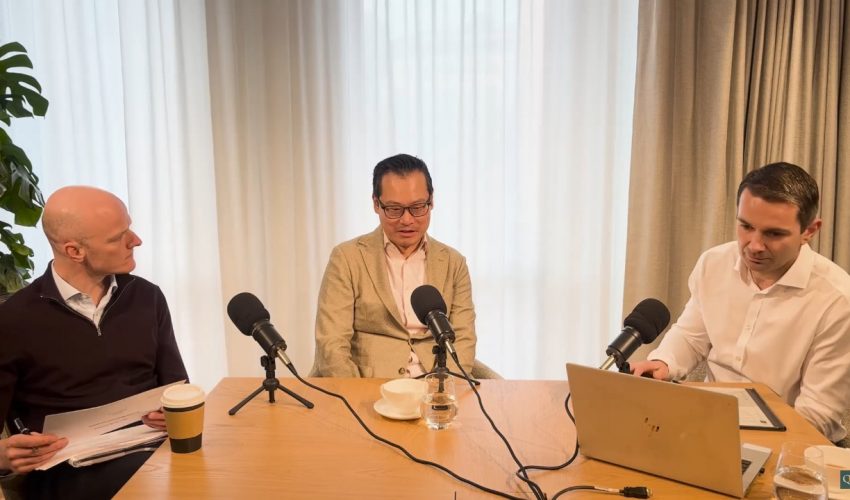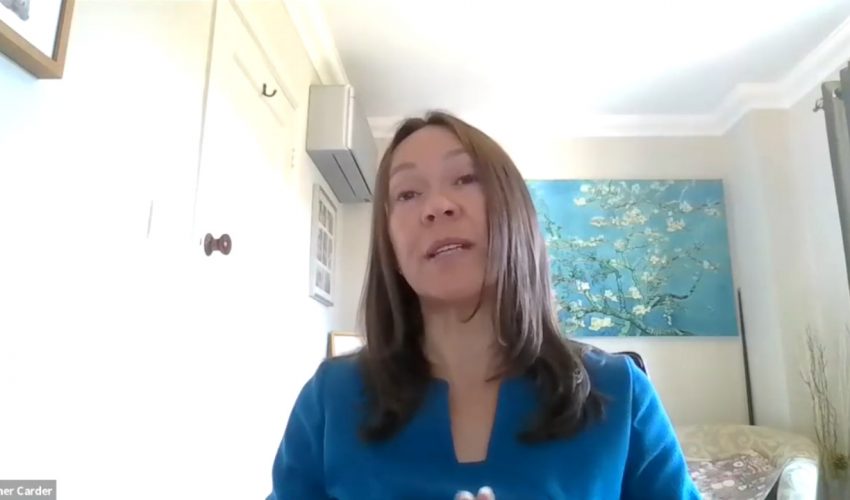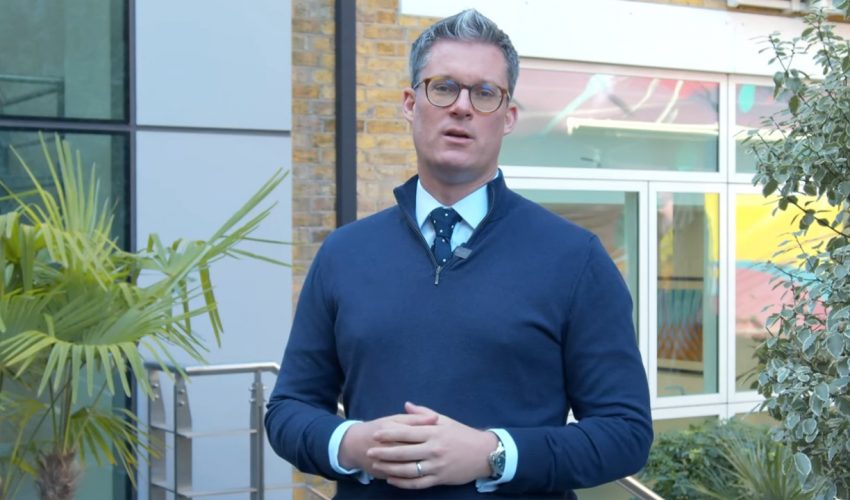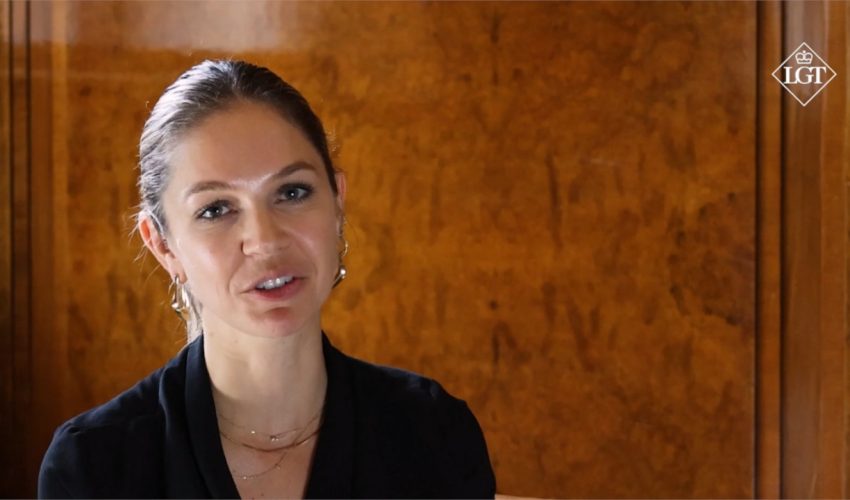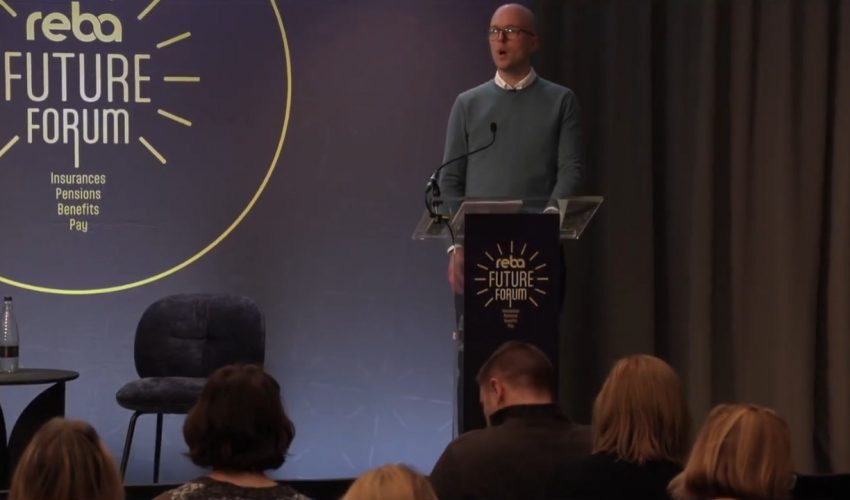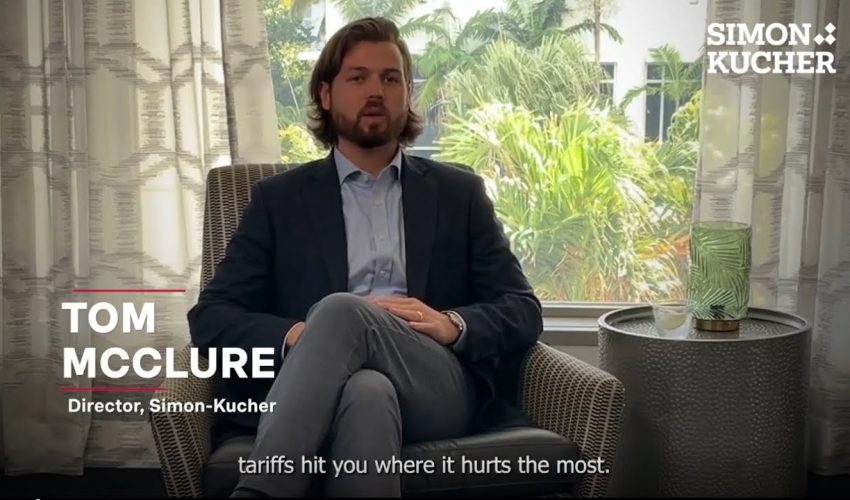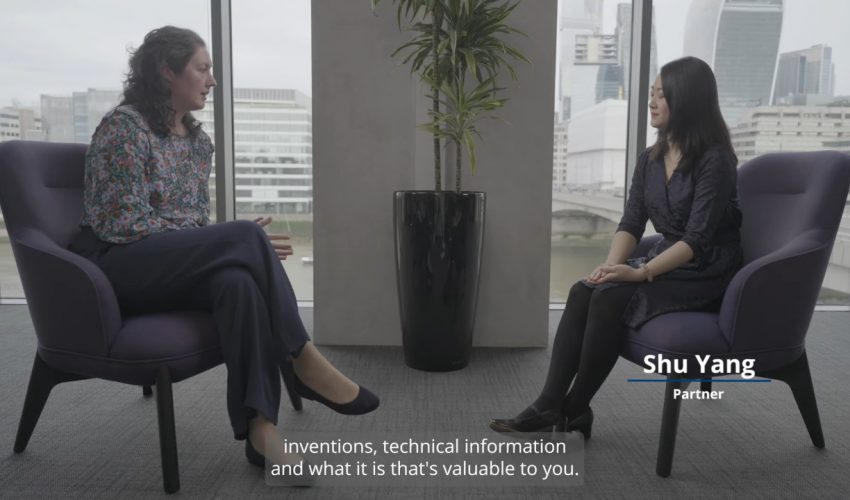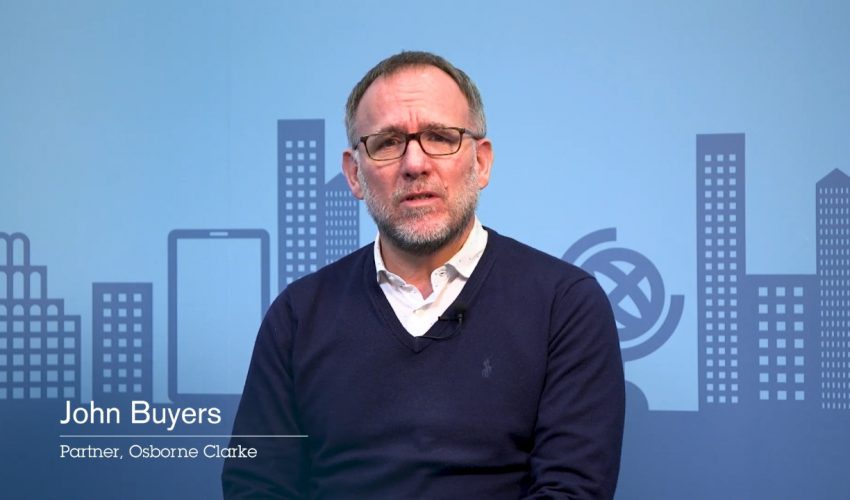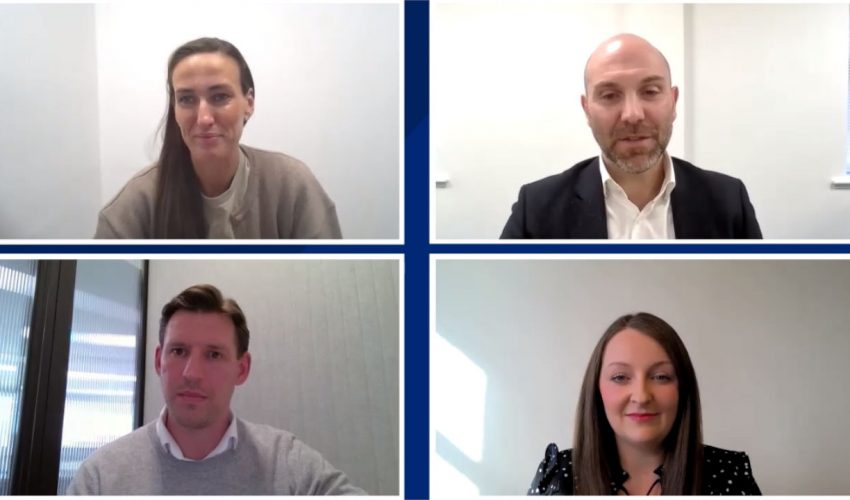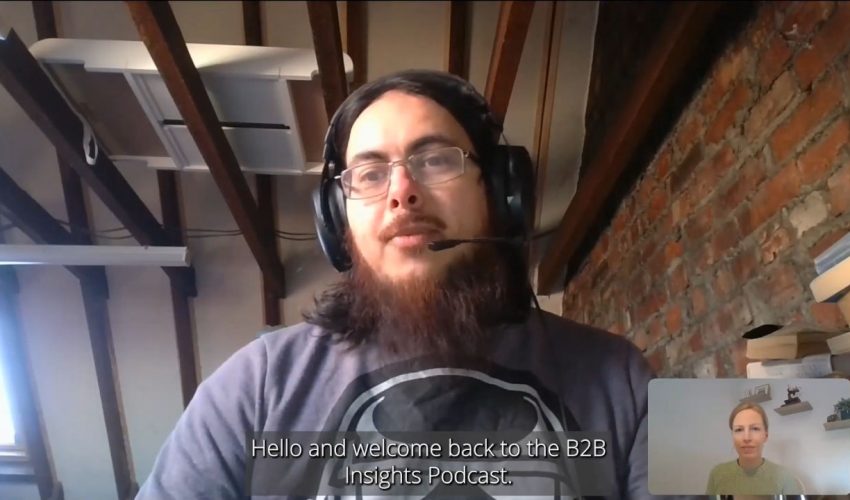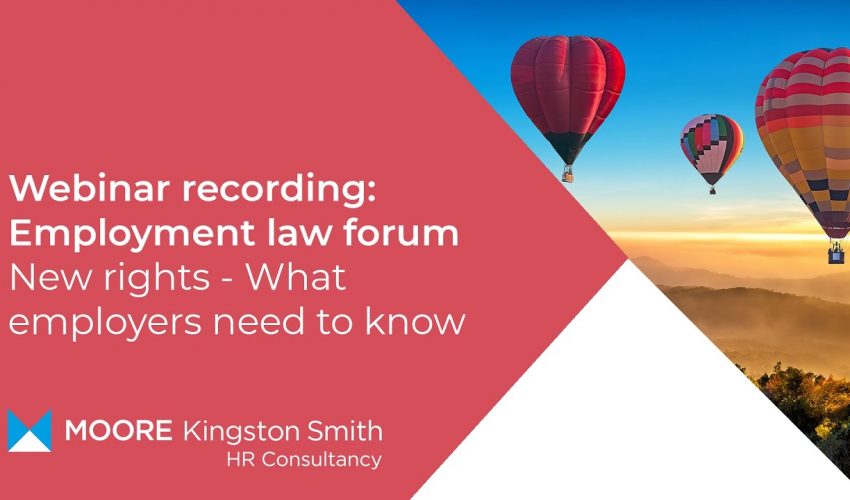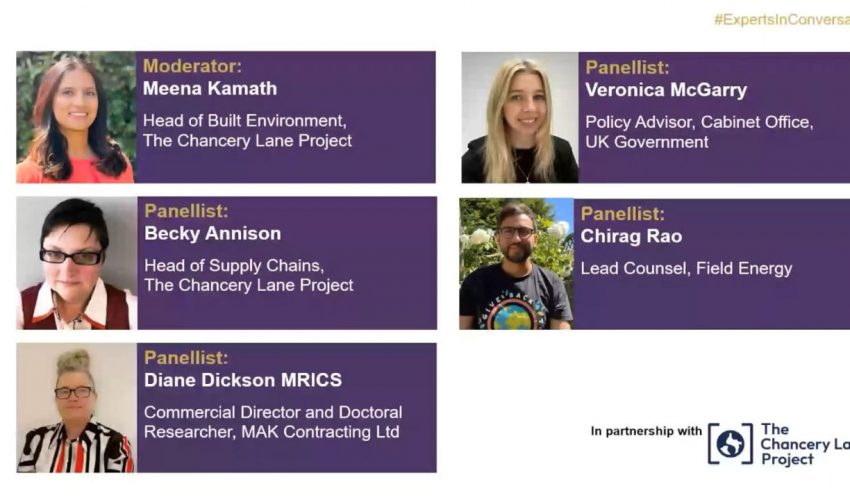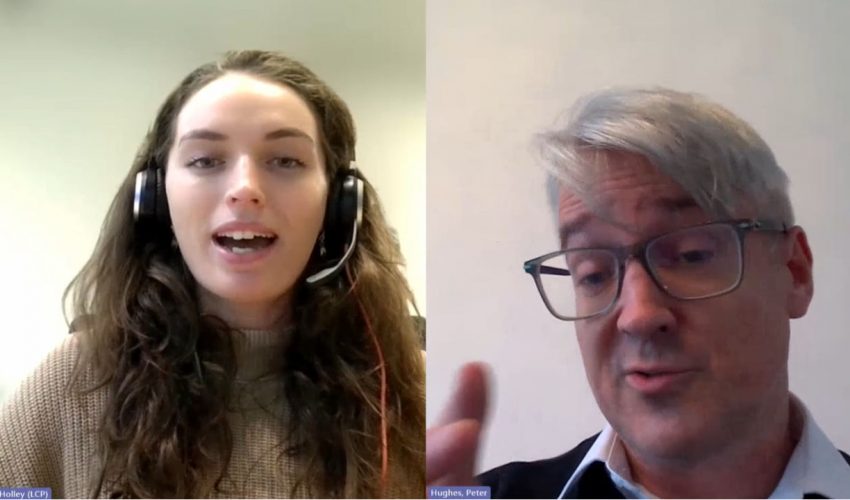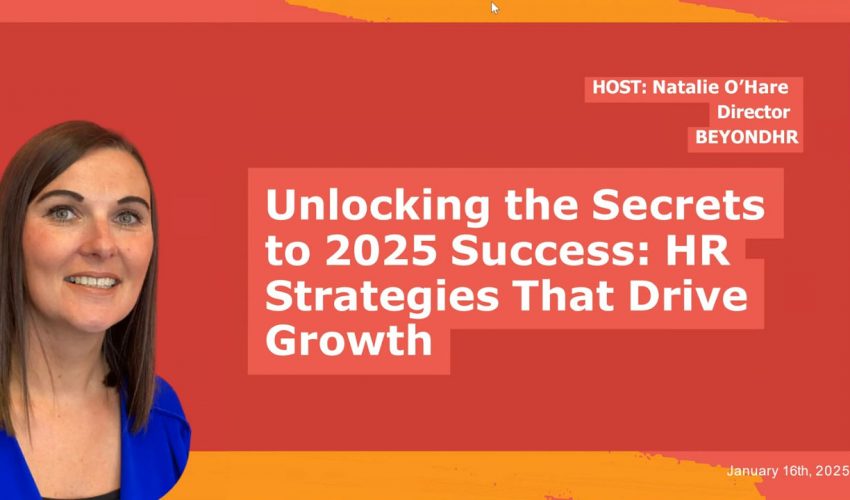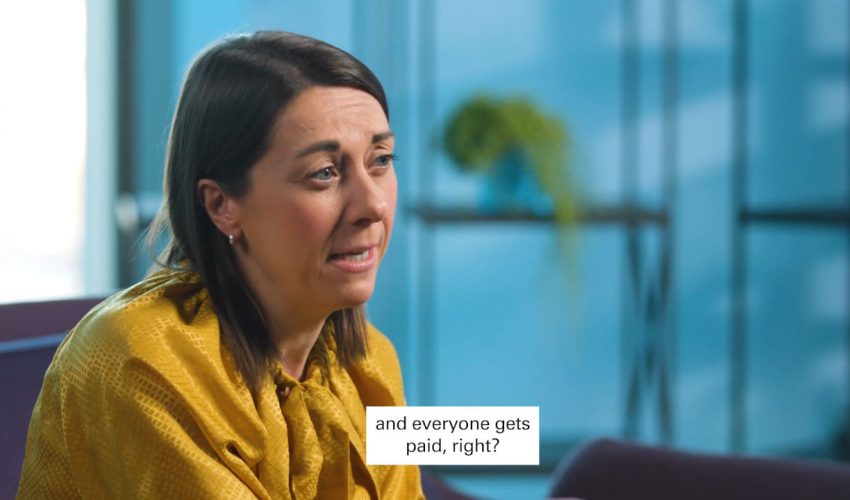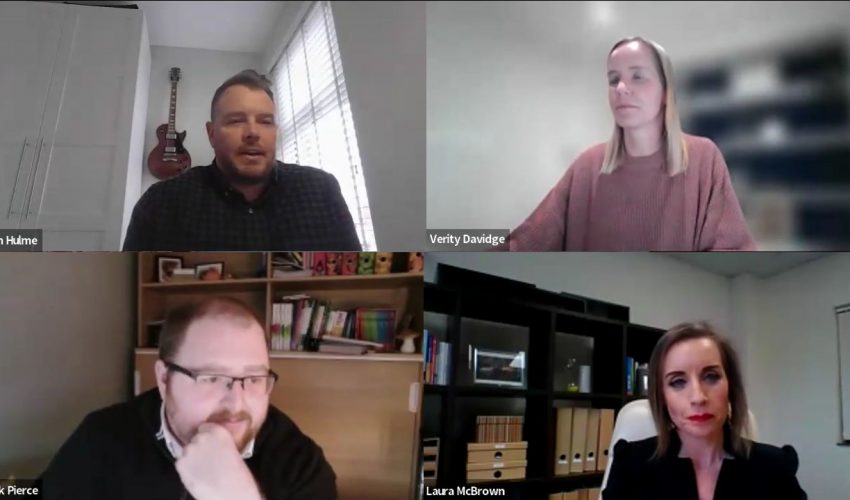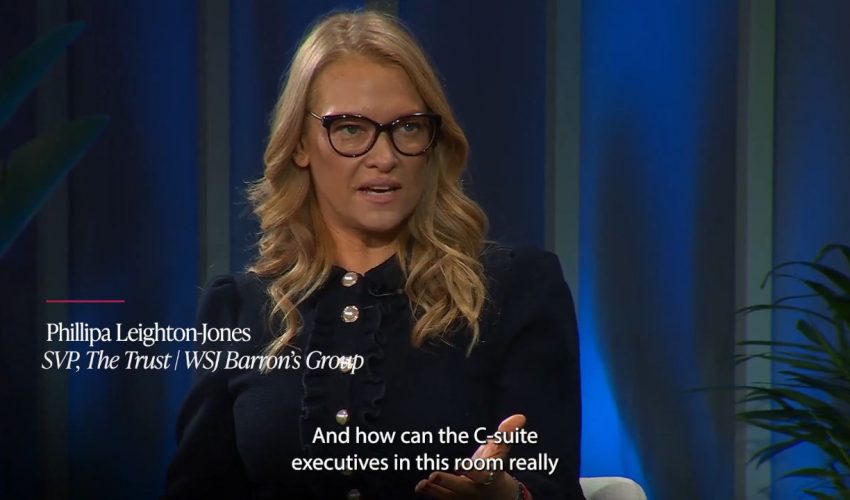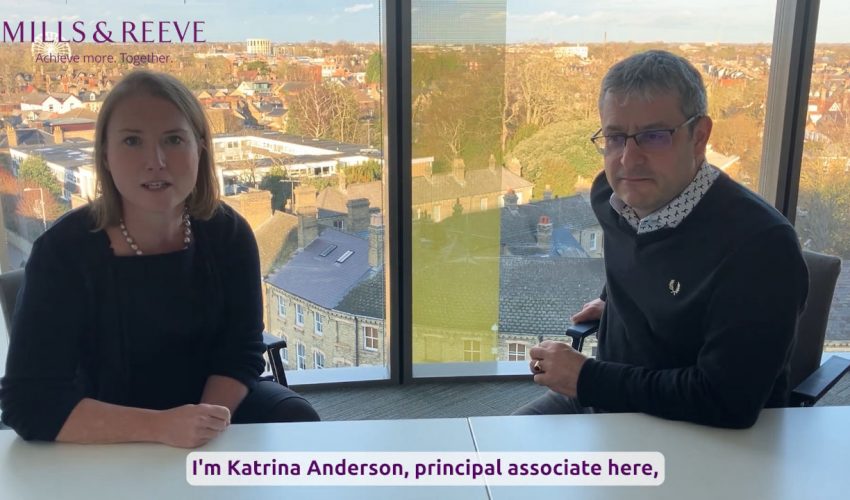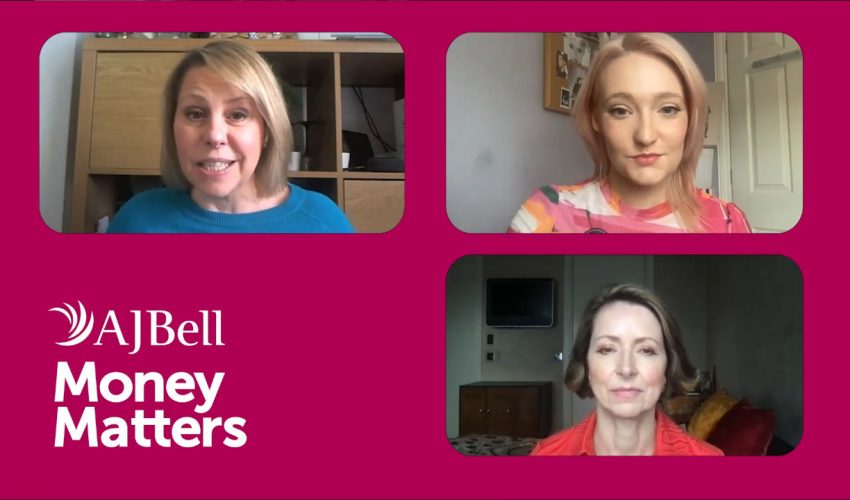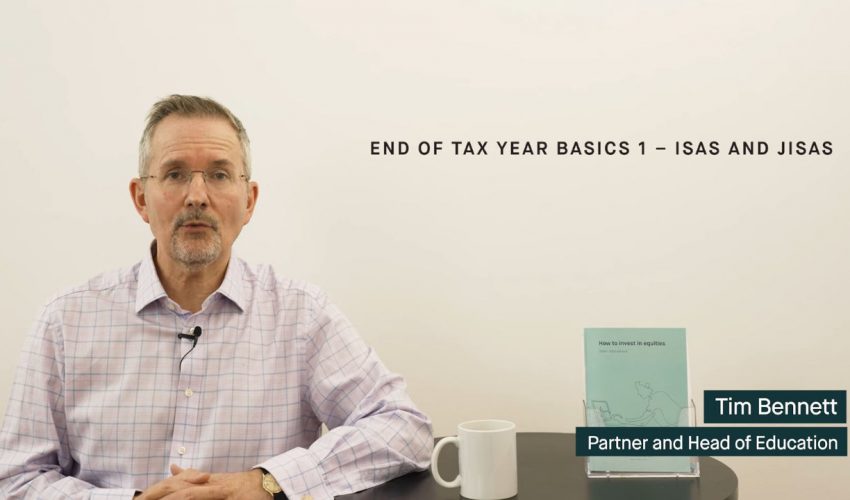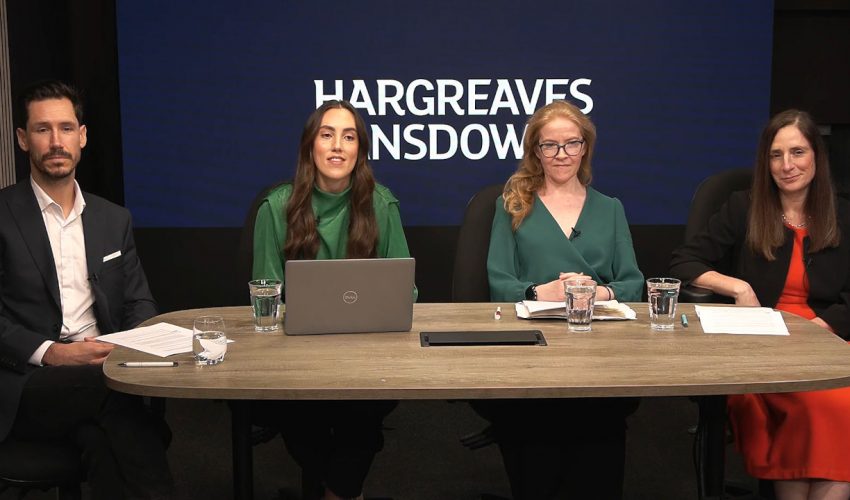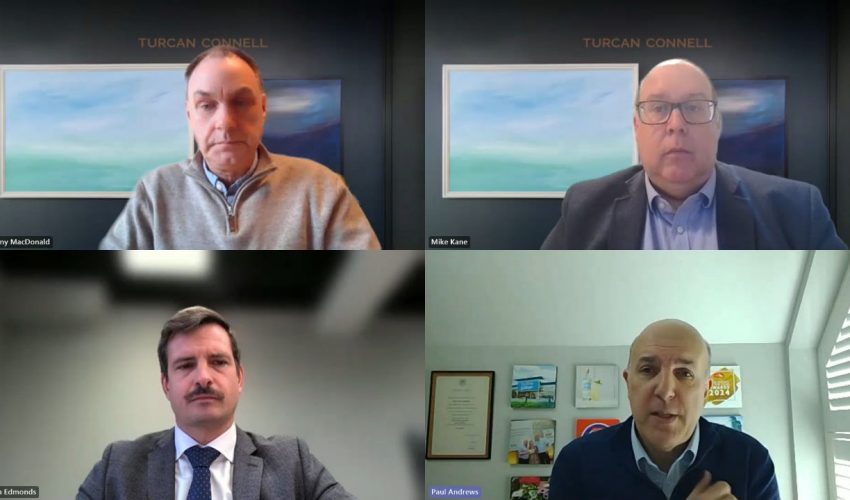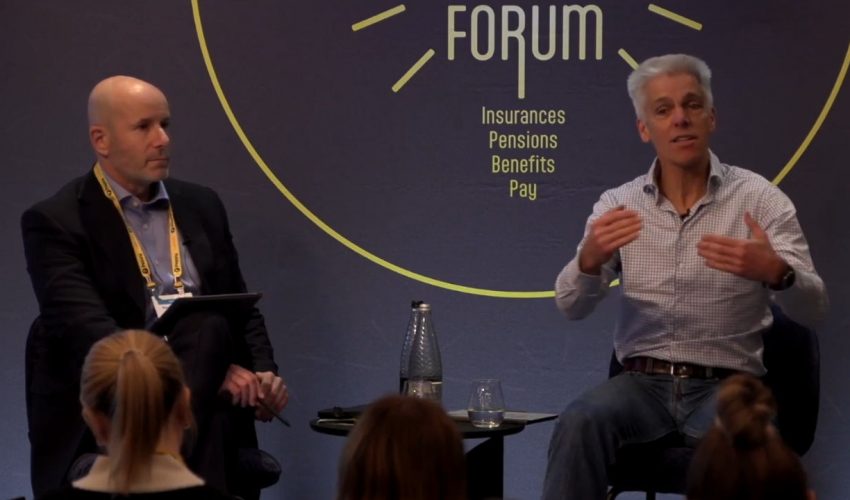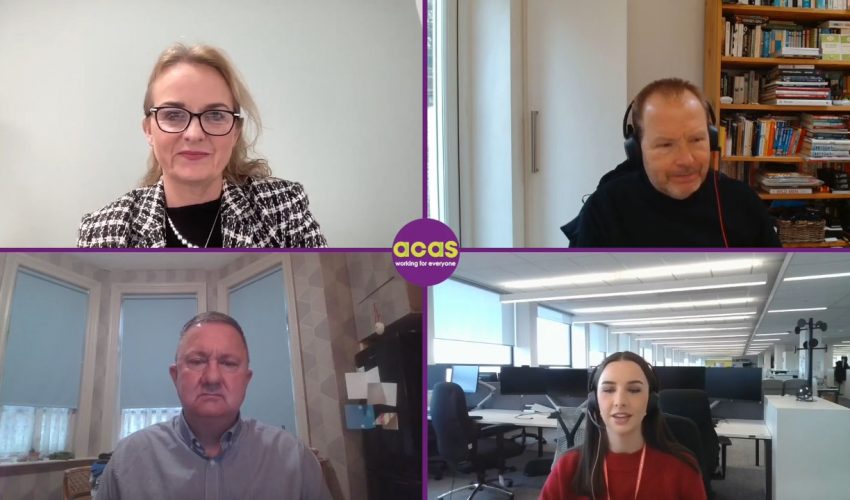Please get in touch with the team at BDO through this form
Listen to our latest interview with Tax Partner’s Julia McCullagh and James Egert with special guest David Murray, Head of Tax Policy & Sustainability at Anglo American as they explore current themes of tax transparency and what it means in the natural resources industry.
Read our related article: https://bdo.co.uk/en-gb/insights/indu…
Access the Interview Transcript Here
Julia McCullagh:
Good Afternoon my names Julia McCullagh I’m a tax partner at BDO where I lead on the tax discussions with our natural resource clients I’m joined by James Egert the partner who leads on our tax strategy risk and governance team at bdo and we are delighted that we’ve got Dave Murray with us here today who’s head of tax policy and sustainability at Anglo American and chair of the CIOT international tax committee. Tax Transparency is increasingly a matter of interest for corporate taxpayers and a wide range of their stakeholders including the sea suite their shareholders, their employees, tax authorities and other governmental and non-governmental organisations. Its also becoming an integral part of the corporate, social, environmental and governance agenda. The natural resource industry for a number of reasons is highly focused in this area and the recently published Anglo American annual tax and economic contribution report the 8th in fact is a great example of this, so we wanted to put our heads together and spend the next 10 or 15 minutes exploring this are and the themes of tax transparency and what it means in the natural resource industry. So, let’s start with a broad opening question. James why is tax transparency such a hot topic at the moment? and what are you seeing our clients focus on at the moment in this area?
James Egert:
Good question thank you Julia and I will probably sort of broaden it out and just remind everyone that the focus on responsible tax and tax transparency isn’t exacycle new and it’s been around for quite a long time we might remember going back to the banking crisis about 10 years ago that tax was very much on the front pages of many newspapers but I will say in recent times and when I say recent I do mean sort of months or in the last year its been much more on the radar of senior management probably because ESG is very much on the forefront of boards minds and as we’ll no doubt probably speak about later how does tax fit into that I will say that historically responsible tax has always been a sort of concern or an interest to boards mainly because they’re interested in what the risk appetite is from a tax planning perspective or simply what the economic contribution is for many businesses. Now for those of you in the UK your probably very familiar with the Tax strategy requirement that was brought In back in 2016 which requires probably around about 2000 businesses in the UK to publish their tax principles so that’s just like a page or 2, but there’s also been a cascade of tax transparency initiatives from things like the auto exchange of info to country by country reporting and especially In your area which is natural resources what we’ve seen is historically the EITI we’ve seen a lot of the EU reforms the EU legislation focused on natural resources so I’m not going to steal your thunder to much on that one and what I personally quite liked which I know we discussed previously was the GRI 207 and that was something that has recently come in. I think its quite well drafted in terms of your getting organisations to sort of opt in terms of how they want to publish their responsible tax and tax behaviours including some of the sort of quantitively figures as well. So that’s what I would say is sort of the drivers and the journey that businesses are on.
Julia McCullagh:
well, that’s a really helpful introduction so thank you James so Dave now we think about this from your perspective the Anglo-American perspective and indeed the broader natural resourcing perspective. What sort of questions are you seeing in this area and who is asking them?
David Murray:
Yeah, it’s an interesting question so we see transparency in some ways in the same way and I think James makes a lot of good points. There’s a lot of increasingly legal requirements particularly industry focused you’ve got the EU accounting Directive chapter 10, the focus on logging activities, you’ve got similar rules in Canada, you’ve got the Australian transparency codes. You’ve got all of these things that we find ourselves having to comply with and in our industry I think ahead of any other industries as we have always been an industry that’s under focus because of our role in society and the countries we operate in so we’ve really not through choice I don’t think as an industry but we have had to respond to these questions before many others have had to I think because of legislation then you’ve got things like GRI 207 which whilst it’s not a legal requirement that we comply with GRI 207 as an organisation Anglo American wants to be GRI compliant its not something we really have a choice in we will be compliant with GRI 207 we have been now for 2 years but I think its much more than just a compliance obligation its much more than just publishing numbers in set formats that other people have dictated it’s really for those businesses that want to take it up it’s an opportunity, it’s an opportunity to engage with your stakeholders, to tell your story to put the narrative around those numbers and actually make it meaningful for your stakeholders and in the context of this much broader conversation that’s going on about the role of businesses in society, ESG and sustainability, Tax is not the only metric but it certainly is a tangible metric that you can point to and that people are asking questions about and people do want to see more about and I think it’s a really good place for that conversation to start.
Julia McCullagh:
so, you mentioned a really good point there that this is part of the ESG agenda now James could you give us a bit mor about that and how your seeing tax transparency within that?
James Egert:
Yes, and I thought we might come back to ESG at some point as it is currently on boards agendas and I’m sure your business we talked about this and its present for our own business too so ESG I always start with where is the t in ESG t for tax in case your wondering and if we think it about it from an environmental perspective there’s green subsidiaries and how does tax fit into that in terms of tax incentives and for the socials where we’ve got the ethical investment and various philanthropy and tax will always fit in there but I’m hoping Dave that you would agree that probably what were looking at today although the other 2 are very important and there’s a lot of work going on today with tax streams being very focused on those, from a tax transparency and a responsible tax perspective the governance is important, so governance for me is all about risk management and transparency in the business and making sure your doing the right thing and being a responsible tax payer. I really like what you said earlier because tax is a key part of that and tax will be a key part of the whole ESG especially the g part the agenda whether its your business and with the report or wider business if there are ESG reports if there are historically CSR or similar tax should really sort of fit in there or align or tax should align with an ESG agenda point, so it’s a really good question.
Julia McCullagh:
Well, I think that leads us on very nicely. So, David you recently published the Anglo American Tax and economic contribution agenda report perhaps you could tell us something about that report some of its key messages and perhaps some of the key challenges in pulling it together?
David Murray:
yeah thanks Julia it does Segway nicely from what James was saying at the end there in the past and we’ve been doing this for eight years now but for many of those years there were a very small range of stakeholders relative to the stakeholders Who are interested today that we’re interested in that report they’re interested in the cash tax that we pay in the jurisdictions in which we operated in, in a rather narrow sense I think as this ESG discussion has developed what has happened is you know ratings agencies, investors, broader society are all much more interested in tax as an ESG metric. Tax being something that is just as important to be explained as a part of how the business operates and its place in the world what are the things we did last year a really critical thing we did last year was we looked at how we could better align our tax And economic contribution report without broader reporting sweep. Historically the broader sweep reporting the annual report, the economic reports have had very different stakeholders and they’ve come out earlier in the year and then we focused on the tax and economic contribution report and that men because they’re serving different needs that they’ve got different bases of preparation, some might use cash others with use accrued data, some entities and joint ventures might be included others might not be but what we want to do this year was really celebrate the tax and economic contribution and bring it Internet broader reporting sweep and publish it much sooner, publish it on an aligned basis. So people could look at the reports as a whole and really understand tax as part of the broader discussion and that was not without its challenges it has to be said we were looking at some new processes and accelerating at the same time we’ve got a fantastic tax reporting team and the finance team and sustainability reporting team so you know we had to do a lot of planning to get that up and running and deliver on time but I think it’s a report we can be proud of on top of the Numbers though something a lot of the stakeholders are asking for it’s more about context I think that drives a lot of the messaging behind the report is that context it wasn’t just about the numbers it was about the narrative it wasn’t just about publishing our tax strategy and saying these are our standards of tax governance what we were hearing from some stakeholders they didn’t understand what we meant by tax governance you know people who work in tax understand what good tax governance is but people outside of tax probably don’t understand it so that’s one area and The tax and sustainable mining area was another point where we put case studies in and really tried to bring it to life we talked about our tax control framework and our tax risk management policy and how we Conventionally operationalise that and we hope that that really brings it to life to a broader range actually what the governance PSG means From a tax perspective
Julia McCullagh:
thanks Dave that was a really helpful insight. So James is that consistent with what we’re seeing other clients doing?
James Egert:
well I think it should be consistent and I’m saying that without flattering Dave and the report too much it’s definitely what I see as a good all leading practice in terms of what tax transparency and responsible tax is being articulated by a lot of businesses i’m saying that because I’m going to pick up at one or two things that you said first of all you talked about context and you talked about case studies and I think that’s brilliant because who is reading this document obviously your internal stakeholders, external stakeholders but it’s available to everyone so if we talk about what is typically in a tax strategy I was got a low risk appetite or a good governance frame rate in place what does that really mean and to bring it to life with real examples of how you manage risk and maybe practical examples of what’s actually going on in one particular jurisdiction or another and also you did talk about the tax control framework now for those of you are not familiar I’m sure we all are tax control framework has got an OECD definition it’s all about how controls and frameworks in relation to tax operations across the business so it’s wider than risk and wider than responsible tax so it really is there in terms of demonstrating good behaviours so my view. what was your question it was about how other businesses are doing I think there’s a journey I think there’s lots of businesses just publishing their tax strategy I don’t think there’s anything wrong in doing that I think there are various triggers and reasons why businesses and in natural resources especially because of the historic focus on Government payments and suchlike they are ahead of the game I think all businesses nowadays if they’re strong brand or have a strong ESG ethic i’ll probably looking to demonstrate good behaviours when it comes to tax in documents like that and the other thing I’m going to point out is I’m very much aware of the hard work that goes into it in terms of the narrative and also collecting the data getting that total tax contribution or that global footprint data isn’t easy and getting it accurate but it really demonstrates what the economic contribution is. One or two things that I didn’t want to pick up on and we did say this earlier in the conversation is that it’s also an amazing opportunity for finance and tax to really demonstrate what they are doing within the business and externally in terms of good tax behaviours in terms of developing that tax Control framework and in terms of having Expected standards of conduct and how they want tax to be operated within the business so I think what was saying is that movement away from just principles to a bit more I’m not going to mention any names but we work with a lot of businesses who are looking to do a tax report so what is their approach to tax and what does it mean to sort of approach tax within their business and most of all I’m going to finish here align to the wider ESG agenda and how does tax fit into that and so I think it’s a good journey obviously you’re ahead of the game I think a lot of businesses are doing something similar at the moment.
Julia McCullagh:
that’s really consistent with what I say as well at the moment James often I think there’s been the regulatory requirements then obviously there’s been a report that paints the full picture when groups go slightly further to explain that to the stakeholders so coming from an NR perspective well that’s often been the case for the very large groups in the past we are now seeing increasing numbers of questions from the full spectrum of our NR clients wanting to look at this and see how it is and see how they should be communicating with their stakeholders in this area so let’s finish them with one final question. What sort of broader reputational pressures should board members be thinking about as they look at this area?
James Egert:
i’ll go first but I’ll be brief as I’ve talked a lot during this so your question was what sort of broader reputational pressures should the board members be thinking about they should be thinking of tax transparency and publishing data where is a good place to start I think really trying to define and making sure you have a consistent understanding within the business about what tax risk appetite is. what is your attitude toward tax planning? what is your approach to risk management? Now all these things are in the definition of a UK tax strategy by making sure that’s fully understood embedded within the business from my perspective is when I talk to business what is your risk appetite you know when I talk to businesses they could have different risk appetite and there’s no one right answer being careful but I think having that clearly defined and embedded in the business and building on that in terms of what you need but of course there’s two other things first of all There’s that curve ball you know depends all the papers come out and if I was the head of tax I want to make sure that I’m not going to end up on the front page of The paper or being holed up in front of the board to say why are you in the next round or whatever it is and so where I would finish is have that culture in the business know what your tax risks are, know what your risk appetite is and know where they could be that particular risk that’s probably what I would say in terms of the board with reputational issues in terms of tax.
Julia McCullagh:
Dave how do you respond to that
David Murray:
yeah I agree with everything that James has said I think that there’s a point here around trying to say too much, trying to do too much this is definitely a journey and James is talking about this being a journey earlier but you don’t want to take that first step if you don’t know where you’re going. I think you can get caught out if you try and say too much before you’re ready to say too much so I would say be strategic about it and really think about where you want to get to and what your stakeholders really want and the stakeholders in the mining industry are going to be really different to stakeholders in other industries but you’ll probably see a lot of similarities among the whole natural resources space. But other industries have different stakeholders and different perspective so what they want Will be quite different and really think about what they want to see and develop the strategy for getting there it’s not a one step and you’re there it is a journey and it’s really important that the stakeholders can see that you’re walking the journey it’s not a reactionary thing to saying something that’s not a part of the broader strategy because you only become unstuck if you’re saying one thing one year and then you’re saying a different thing another year or it doesn’t quite tie up with the broader sustainability piece The organisations working on. it really needs some work and some thought upfront which I think we’re I think we’re in a really good place as an industry to do actually because of the pressure that I mentioned at the beginning that the industry’s been under for a long time from different stakeholders to demonstrate our value to society and the communities that we operate in I think we’re in a really good place to have that conversation but just make sure you know where it’s going.
Julia McCullagh:
thank you very much thank you both I think that’s been an absolutely fascinating insight I think we’re all in agreement here we’re on a journey, but I think what really happened recently is that the journey seems to have gathered pace as the ESG becomes higher profile. So I think we’ve got more developments to come thank you both.





